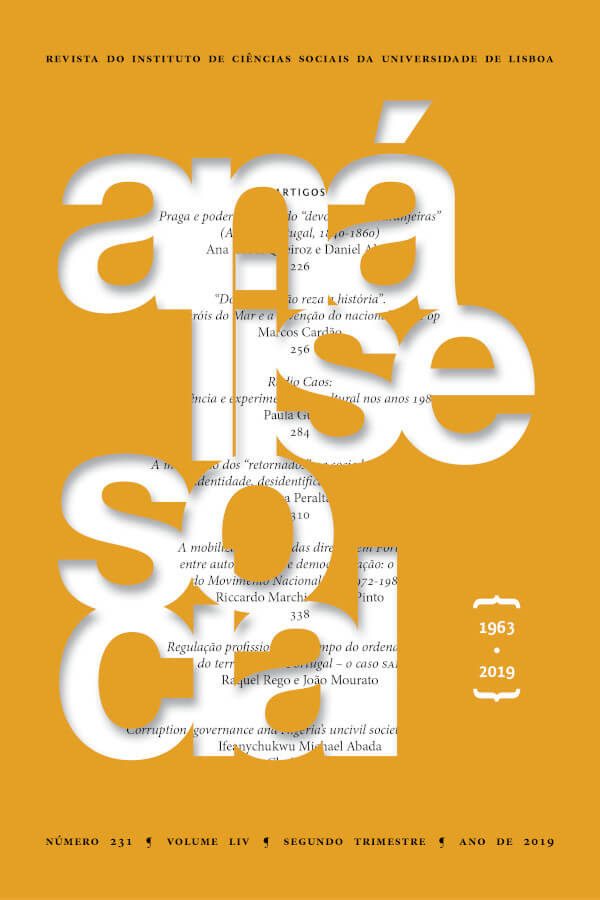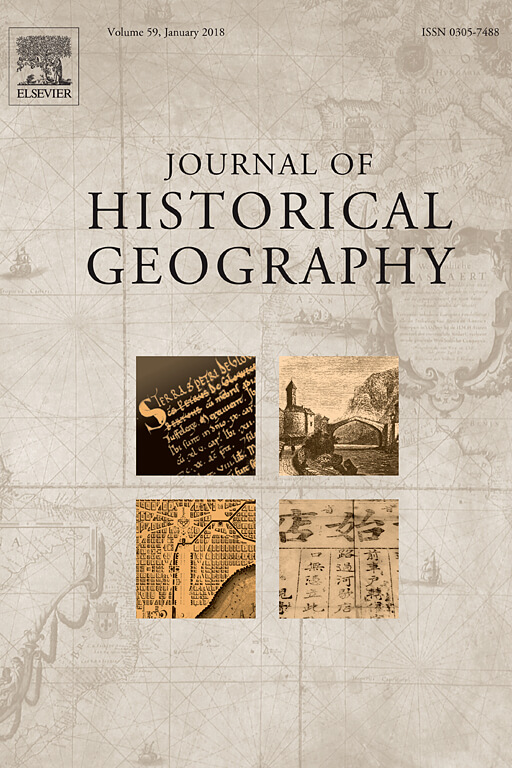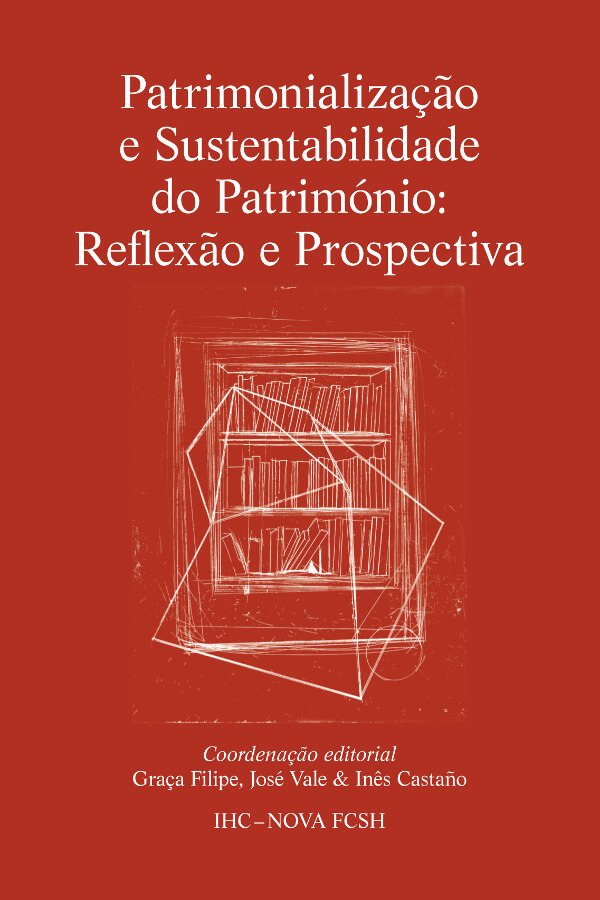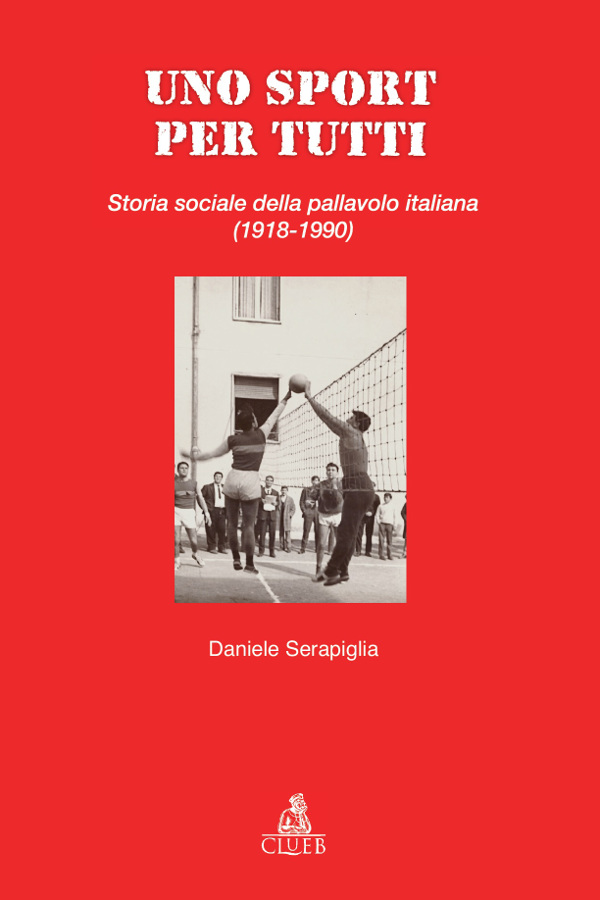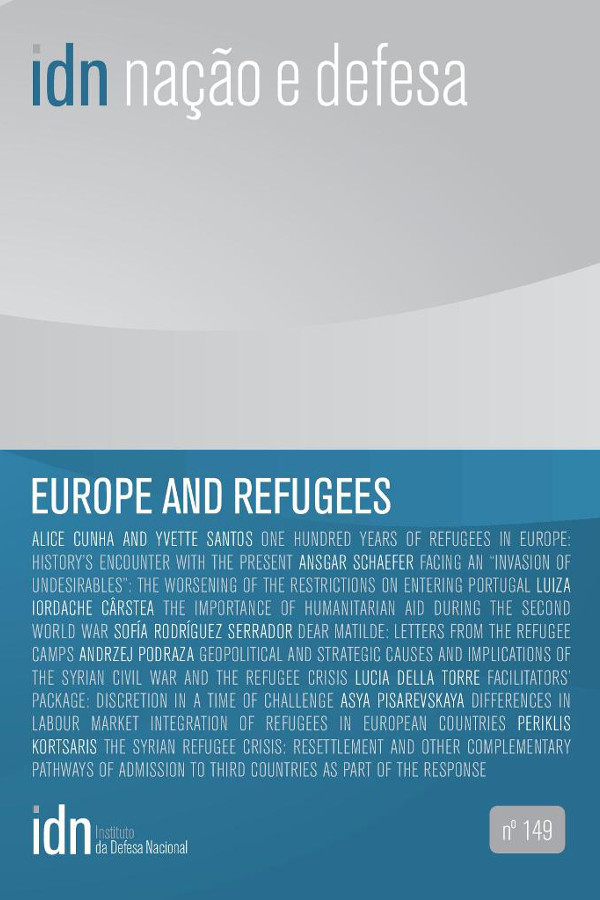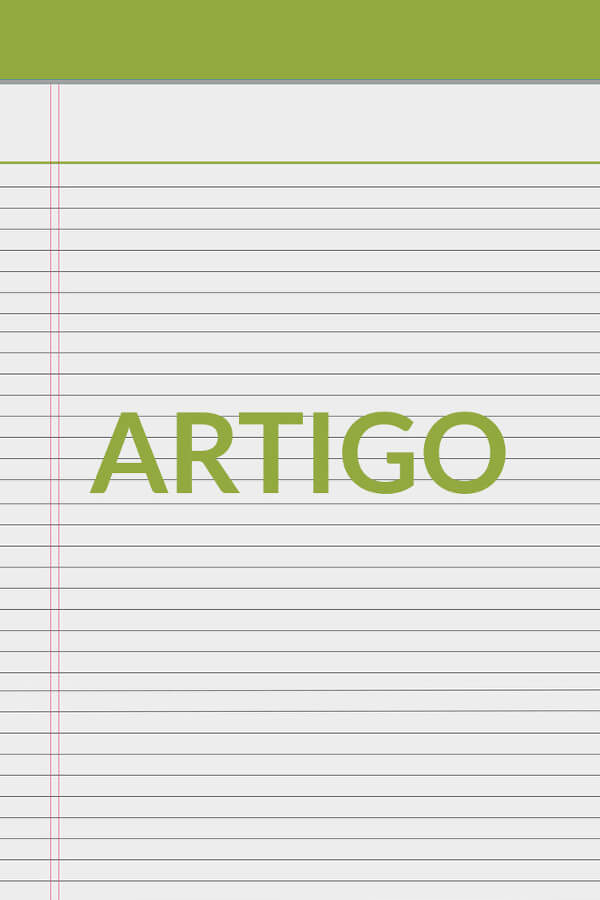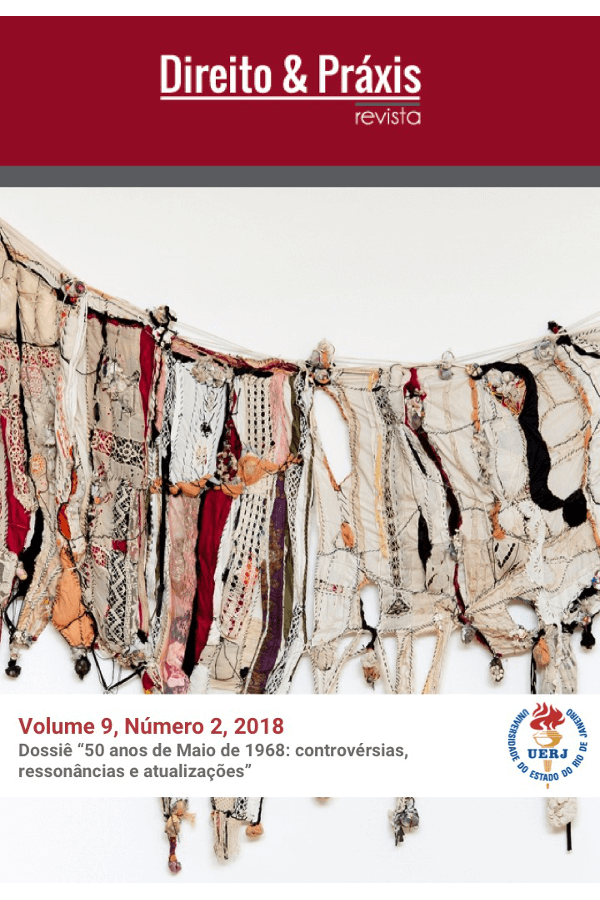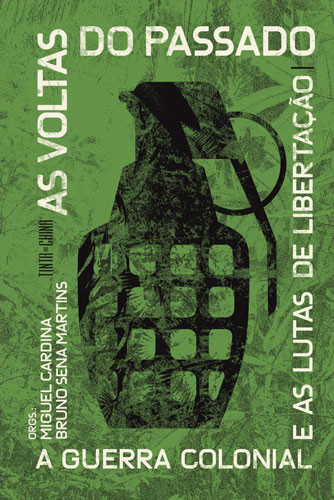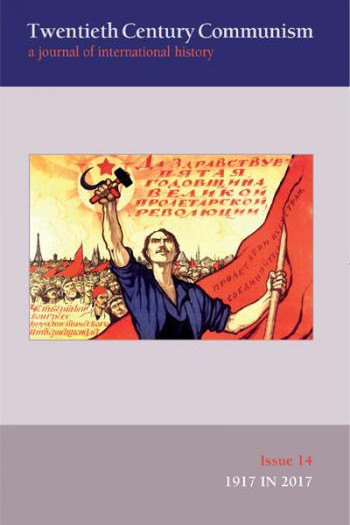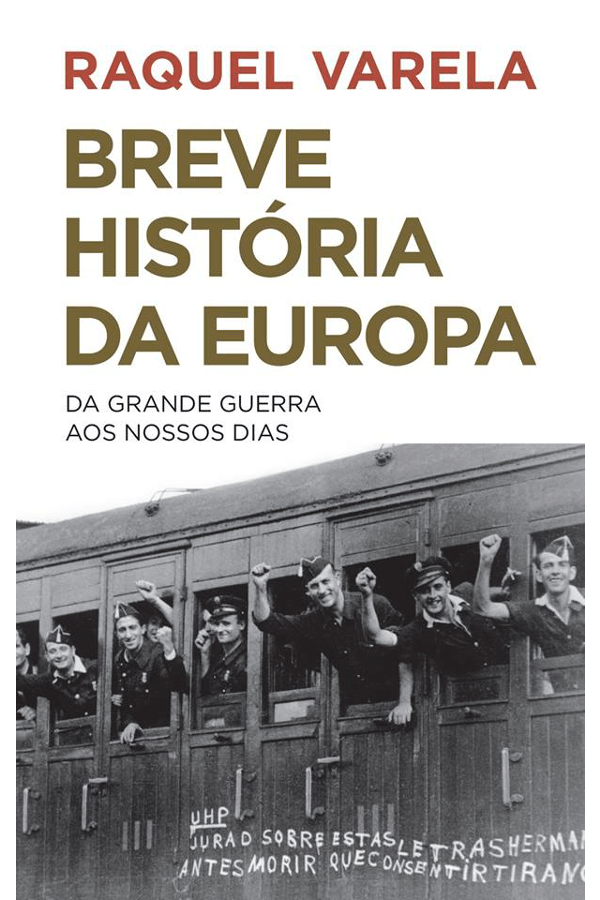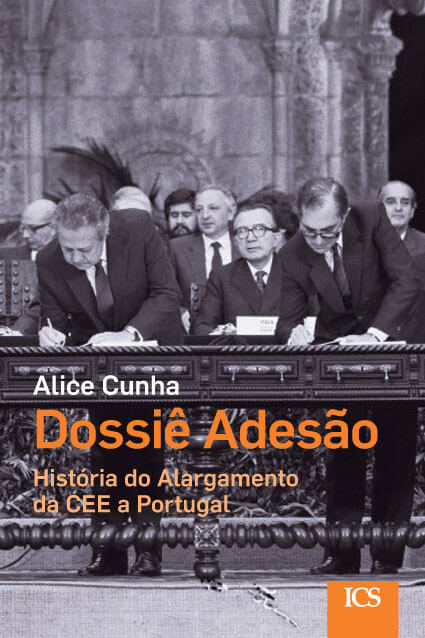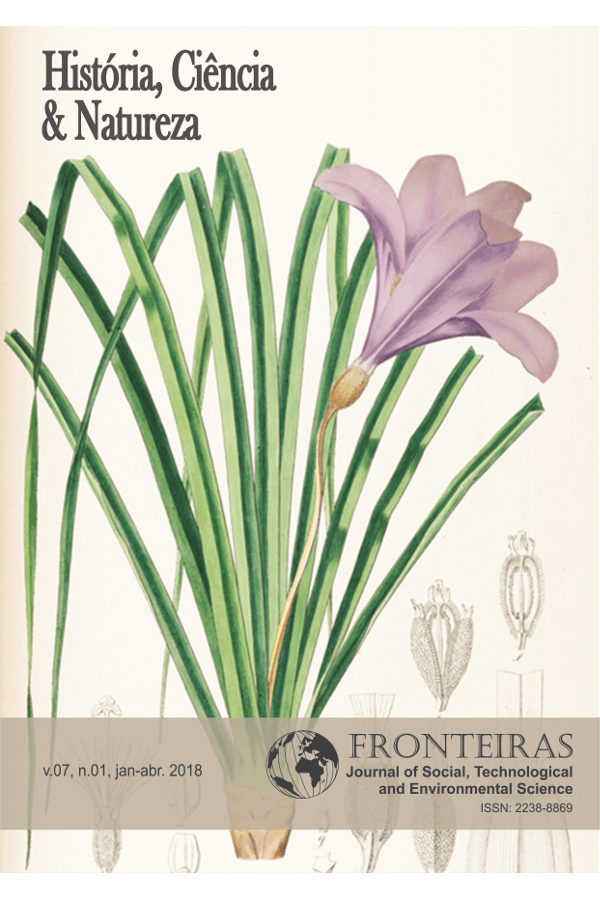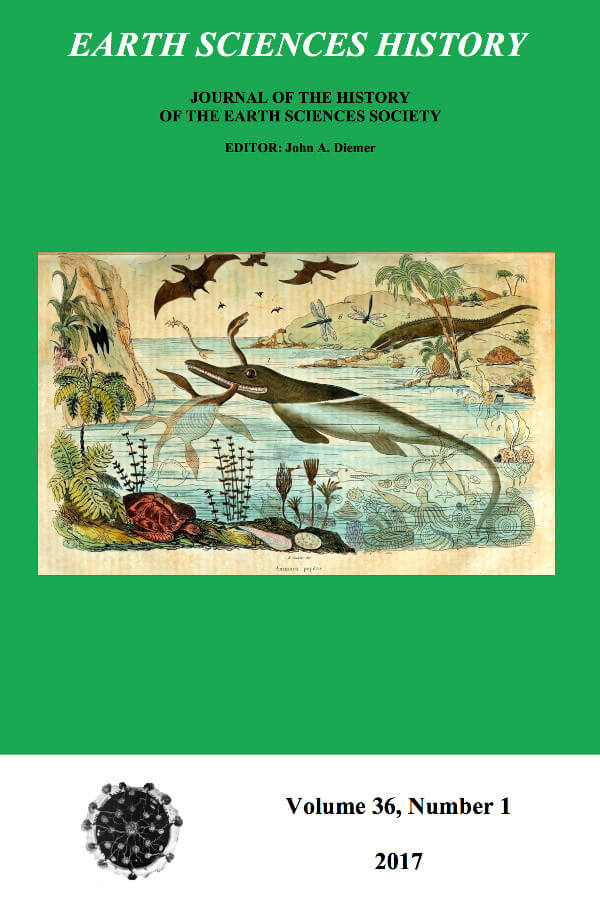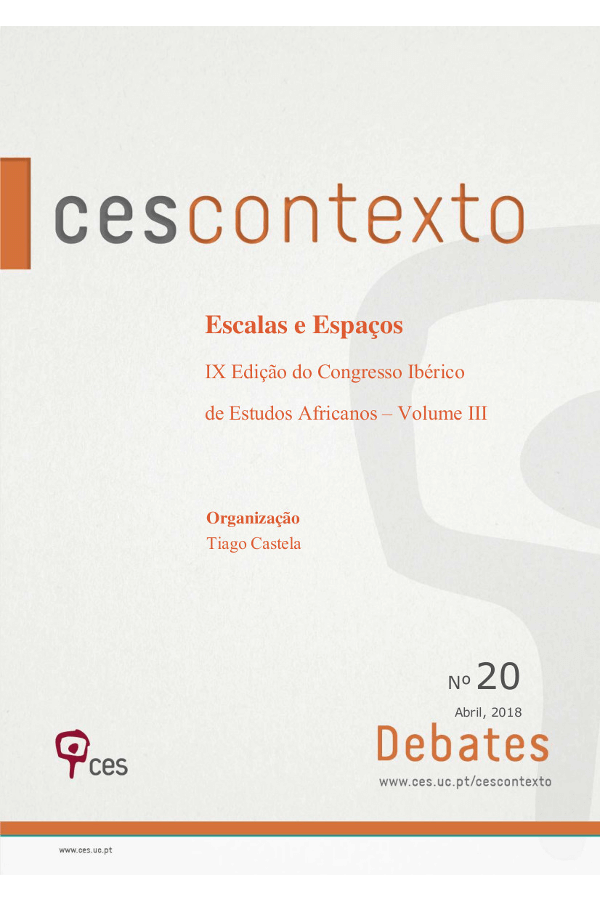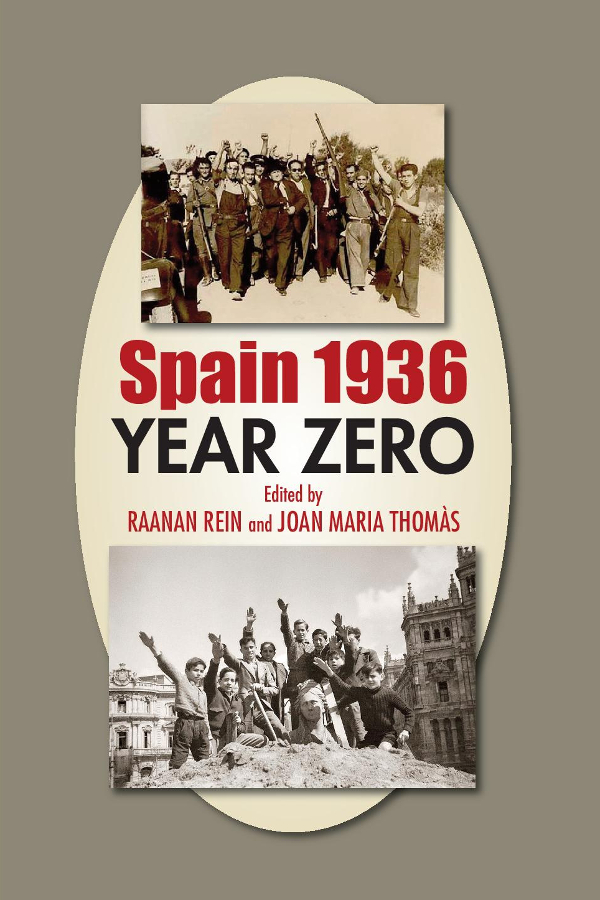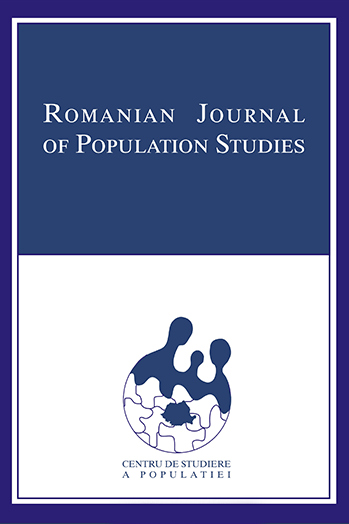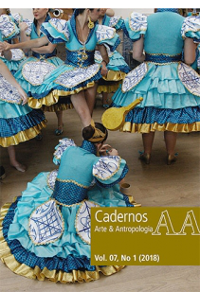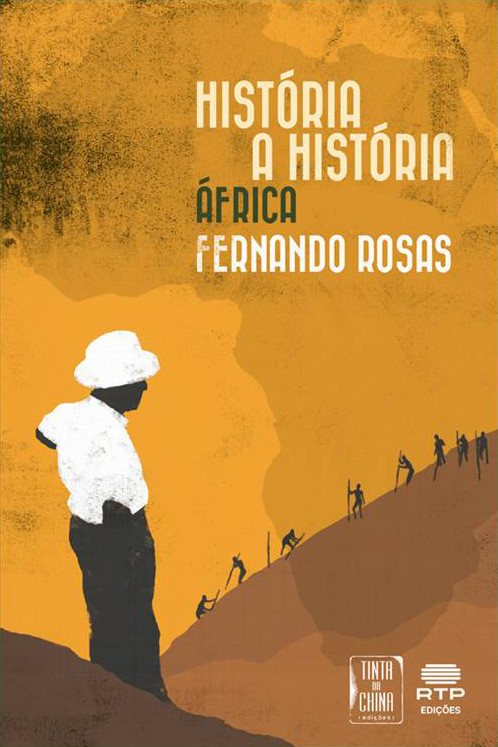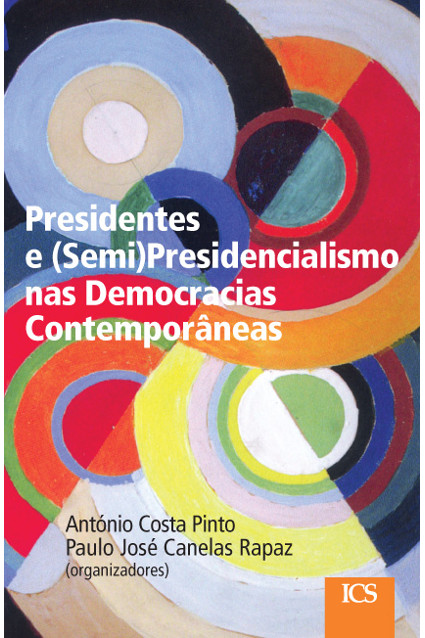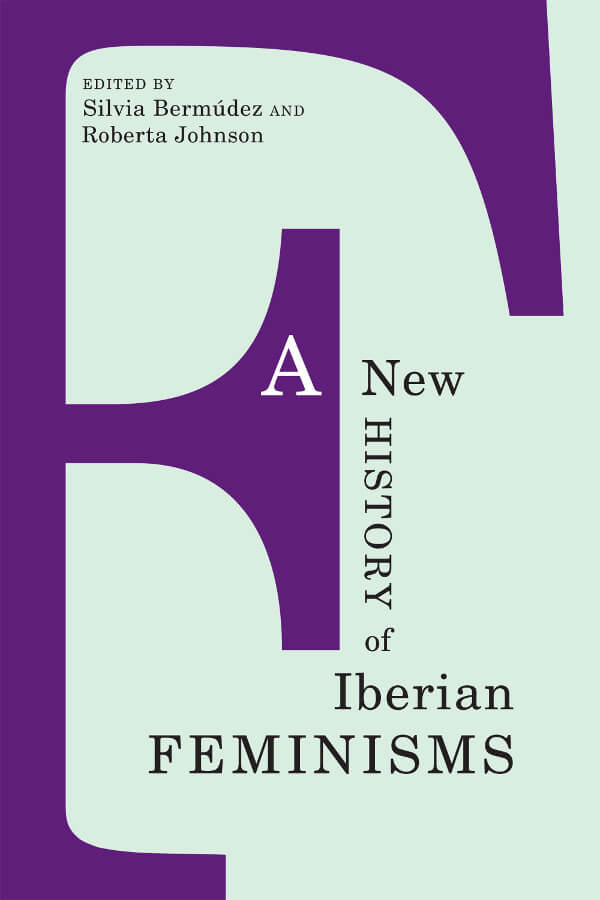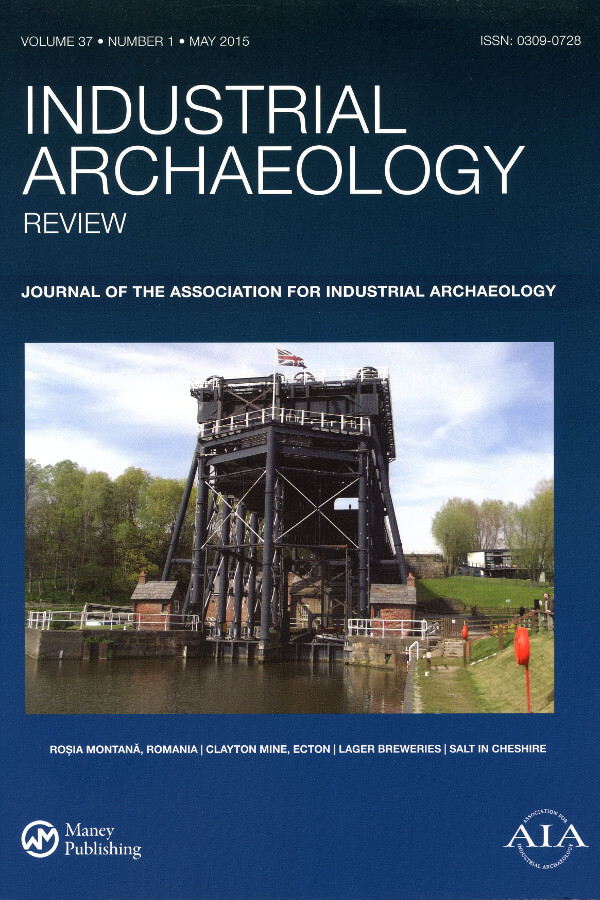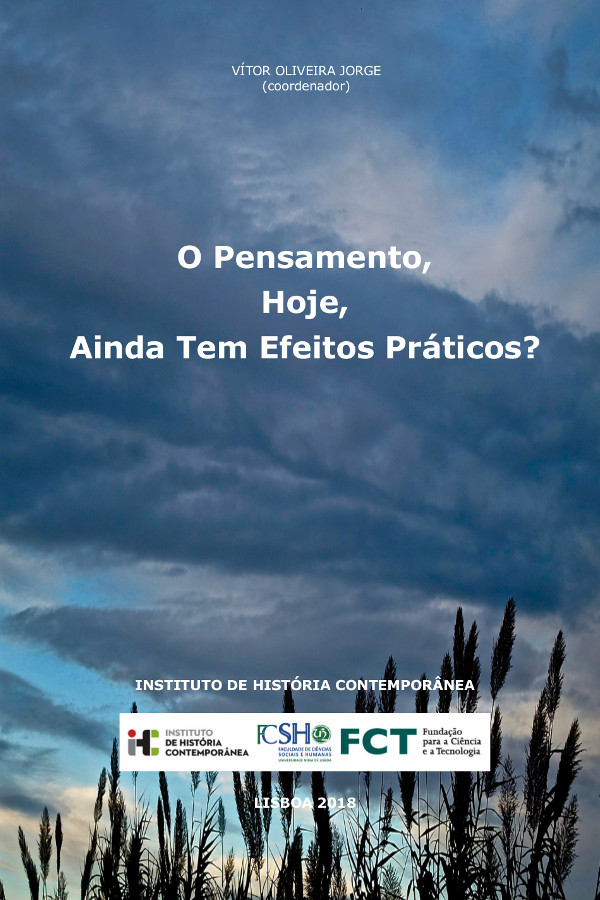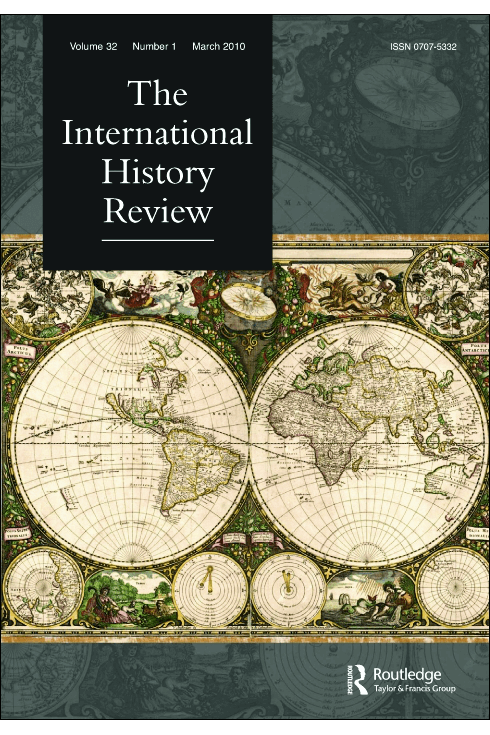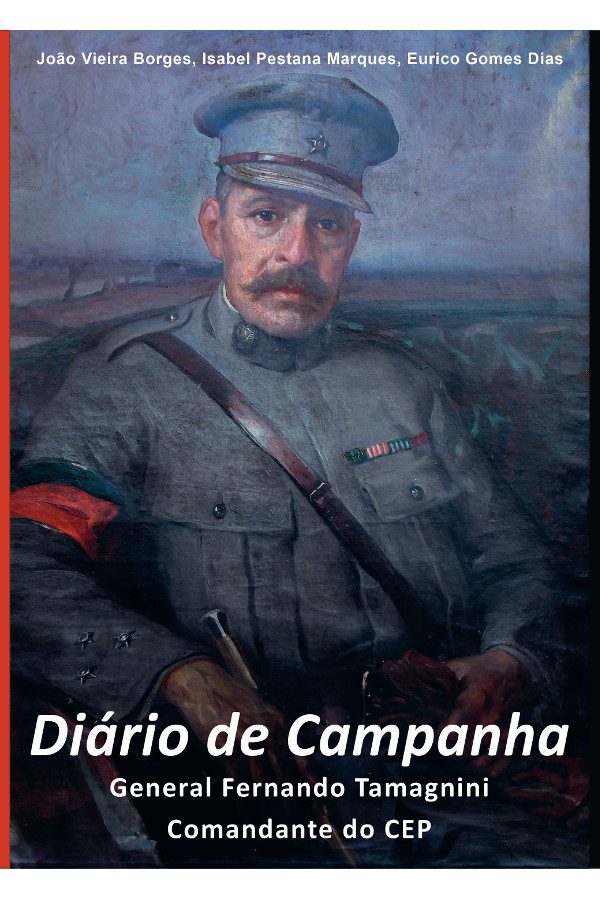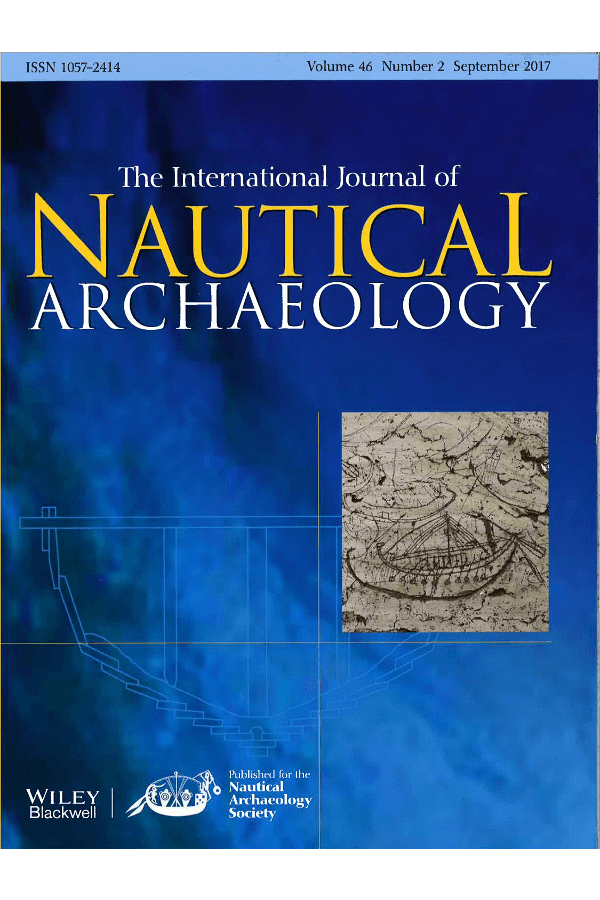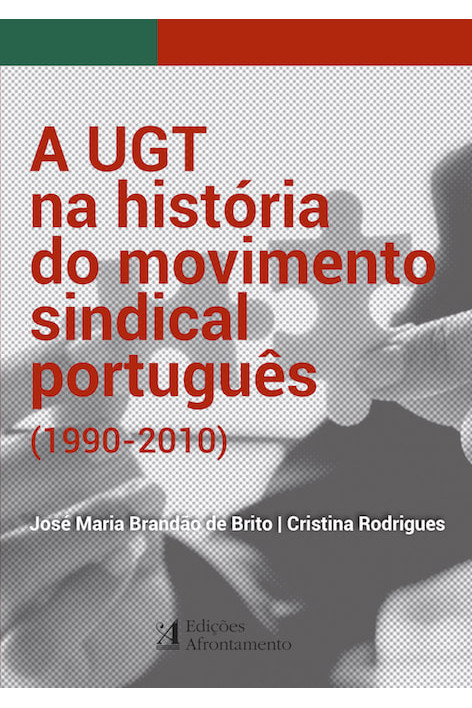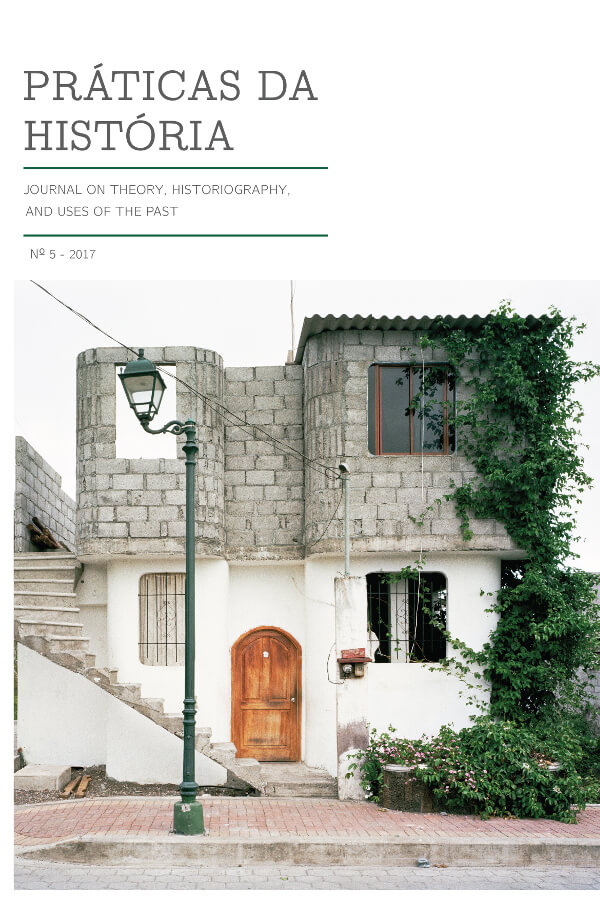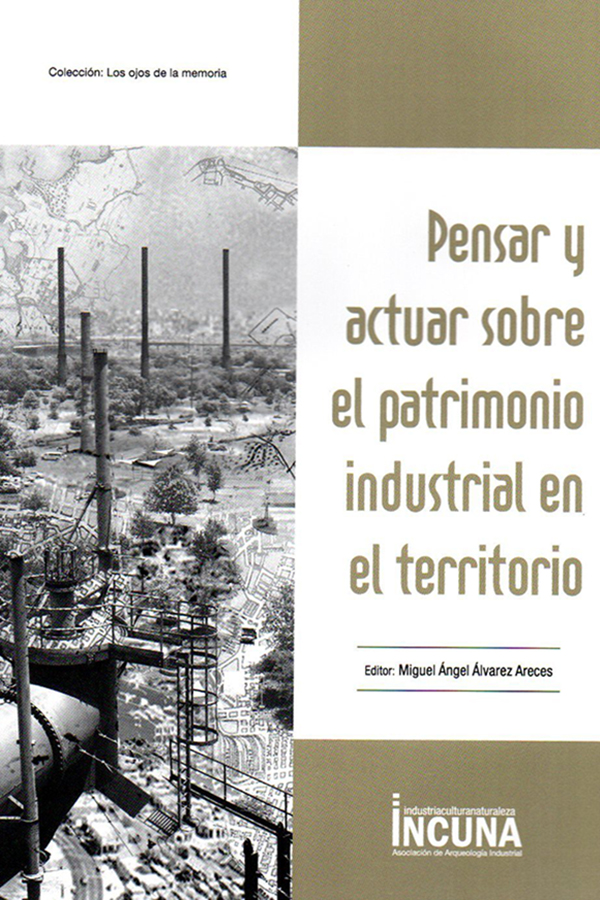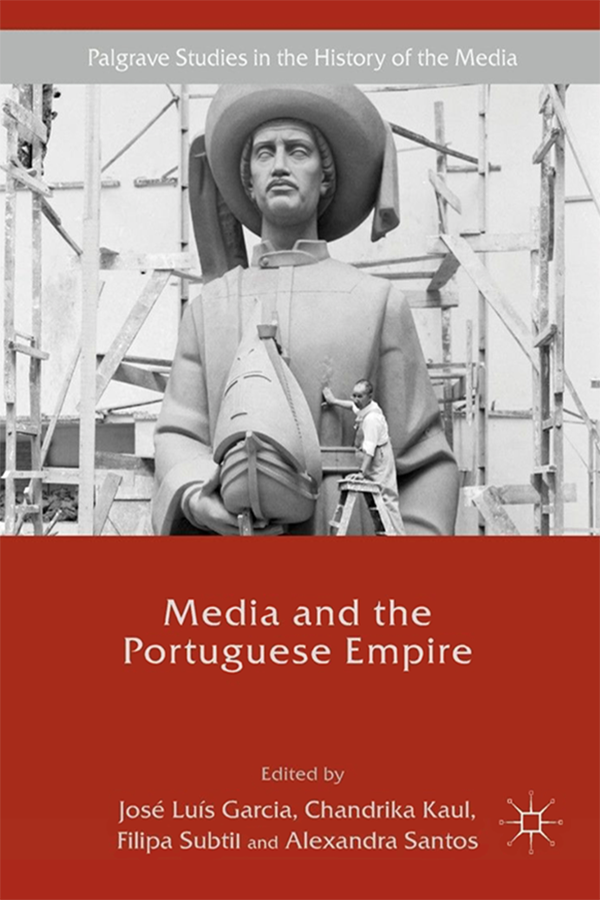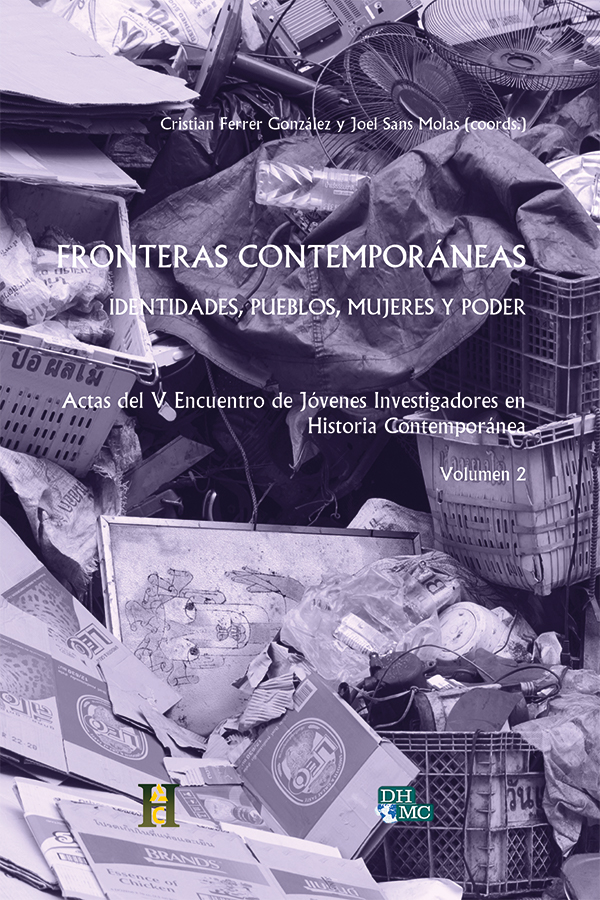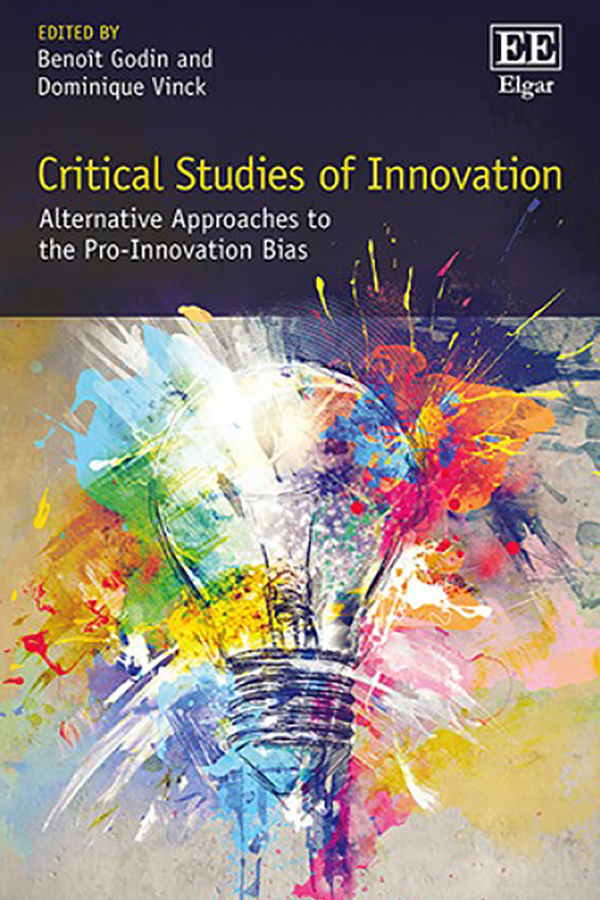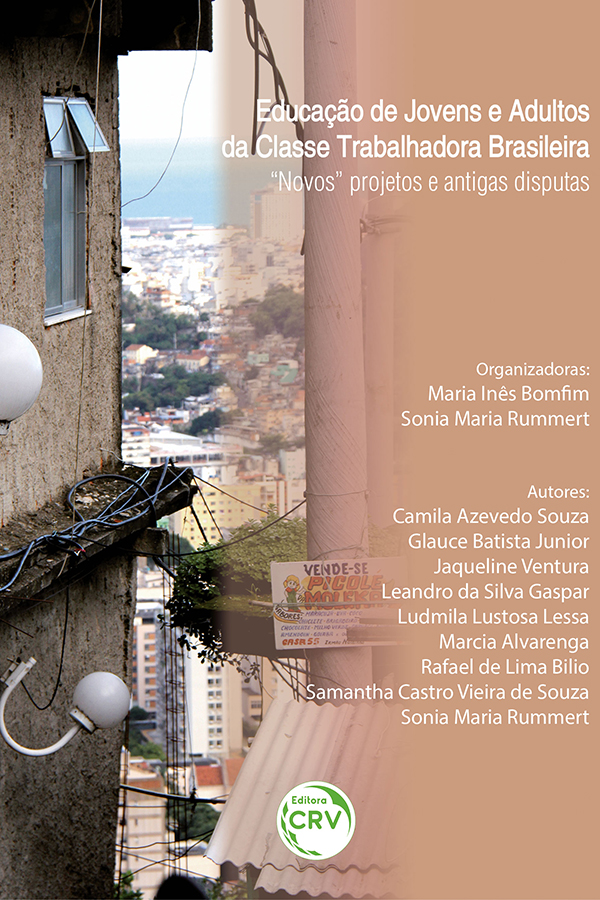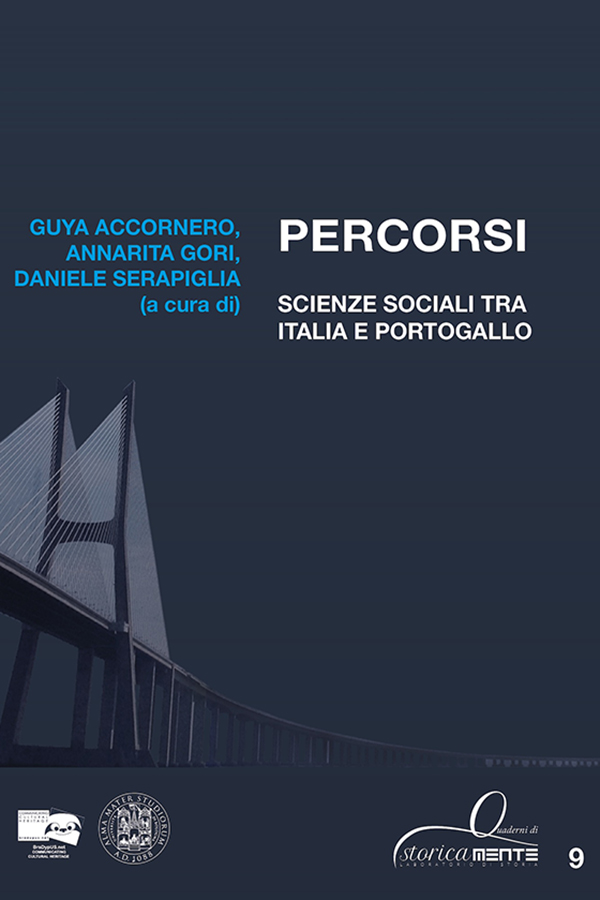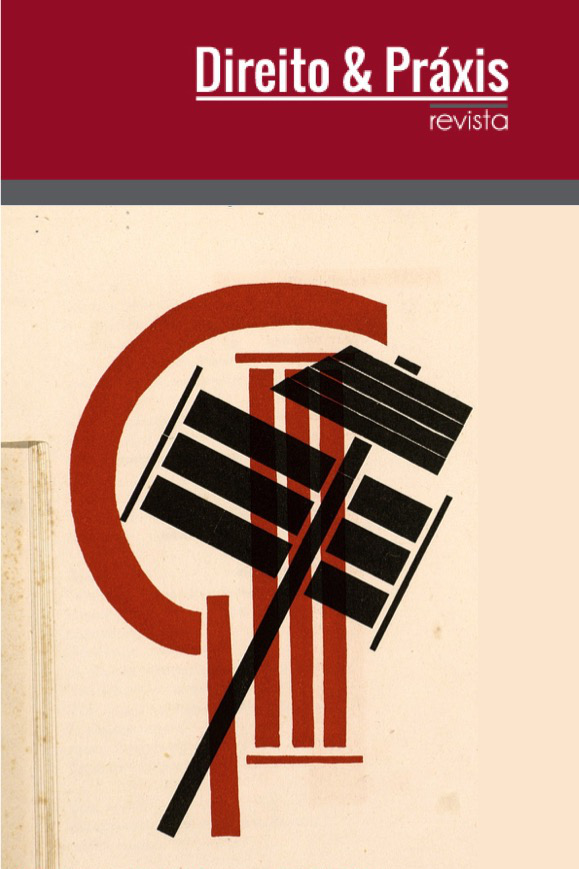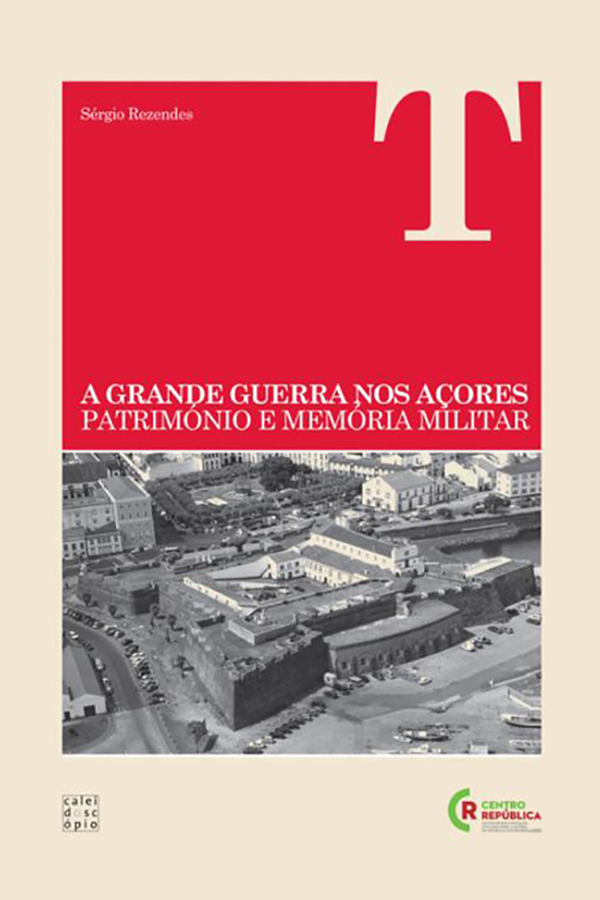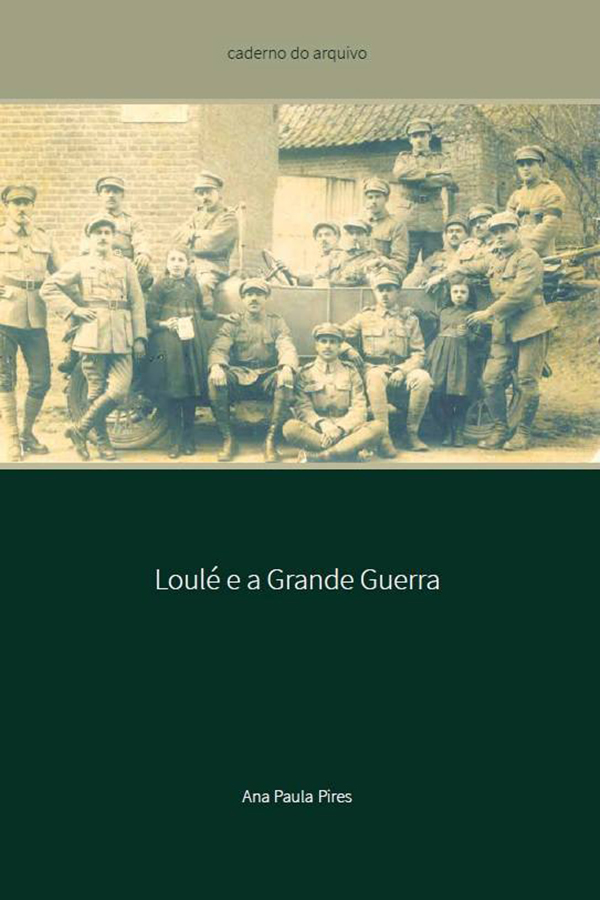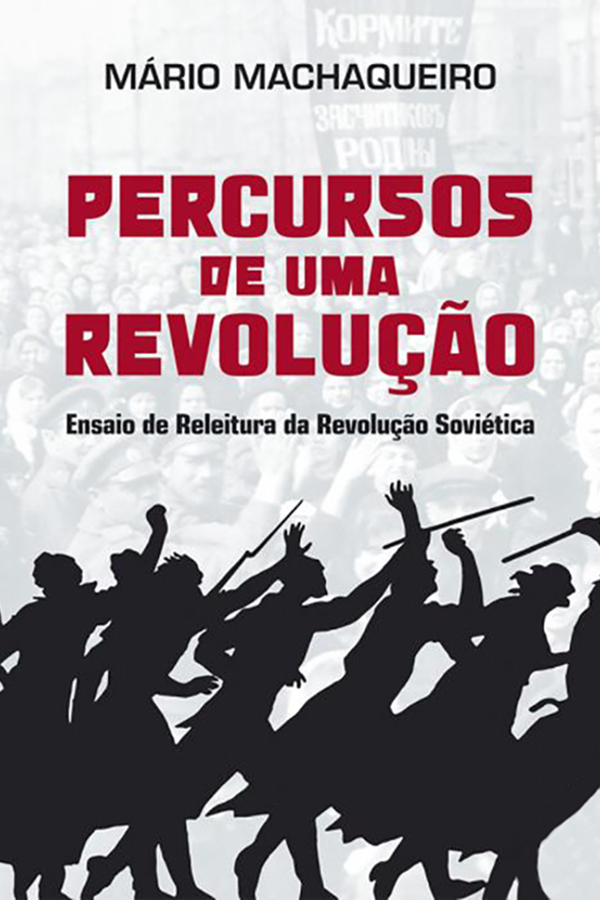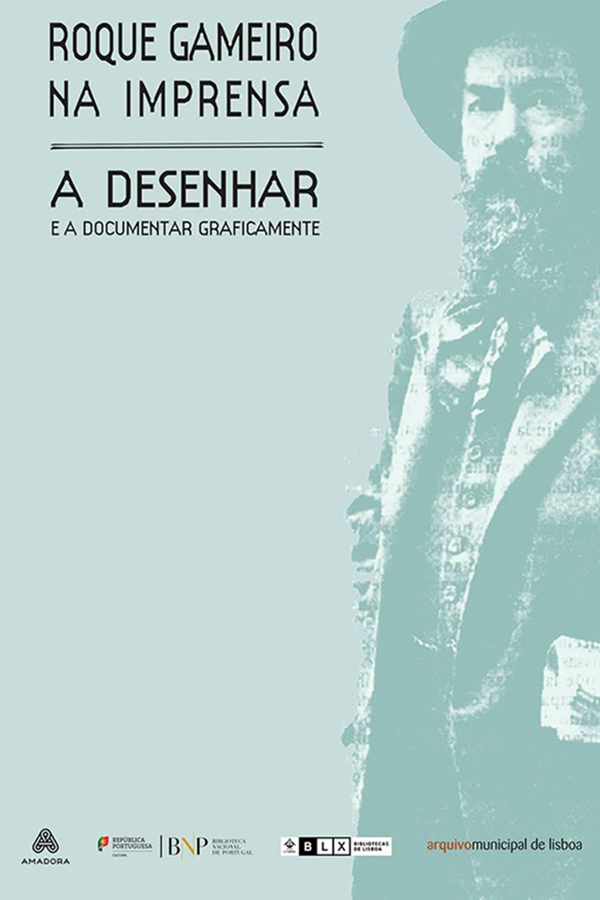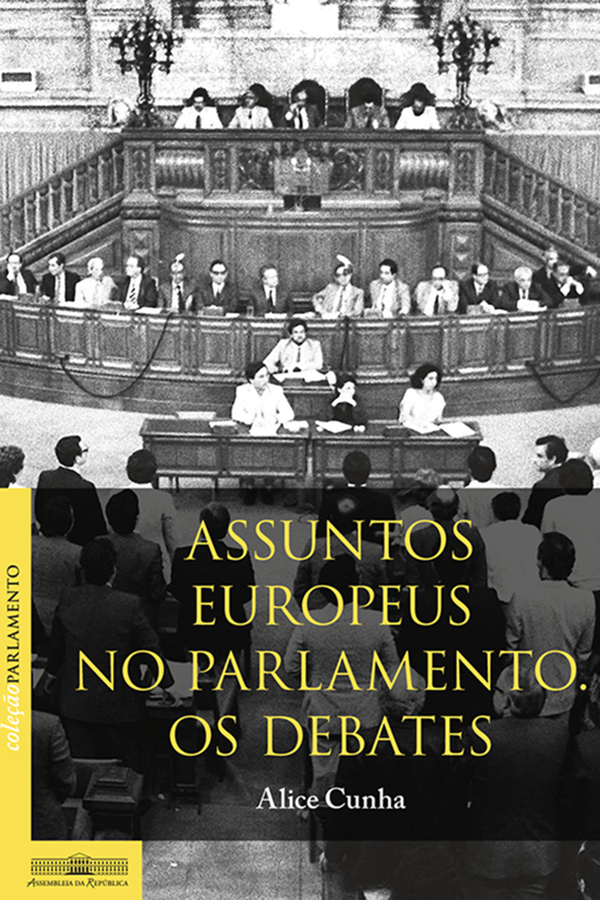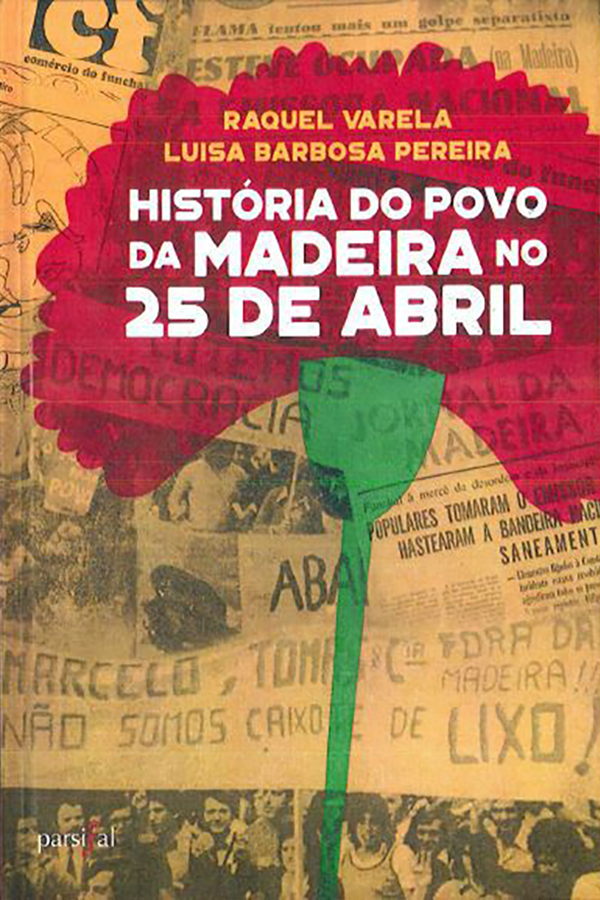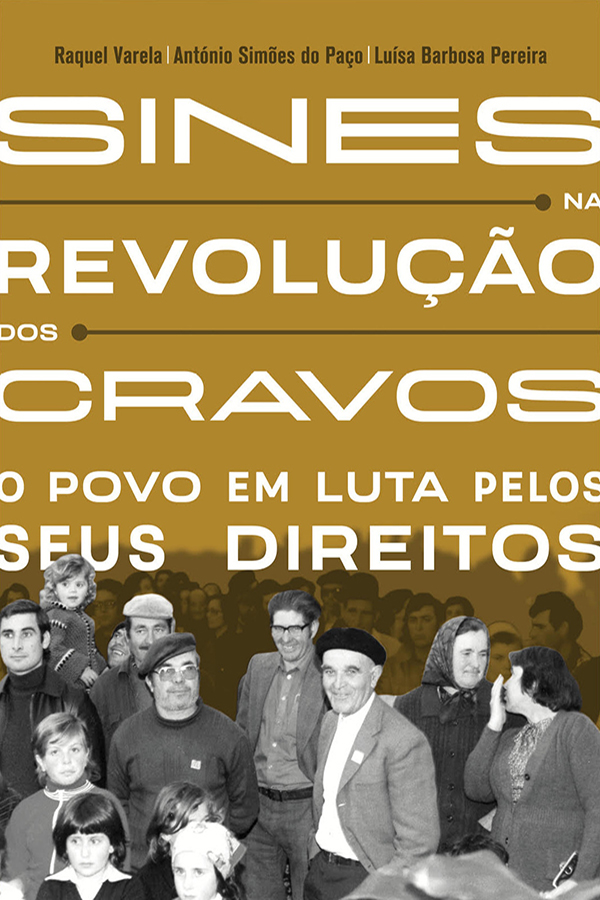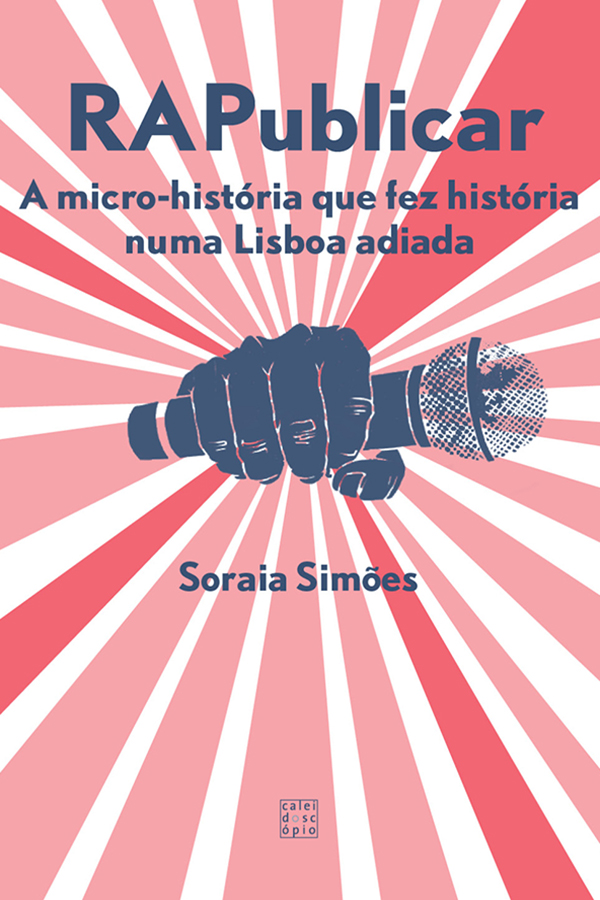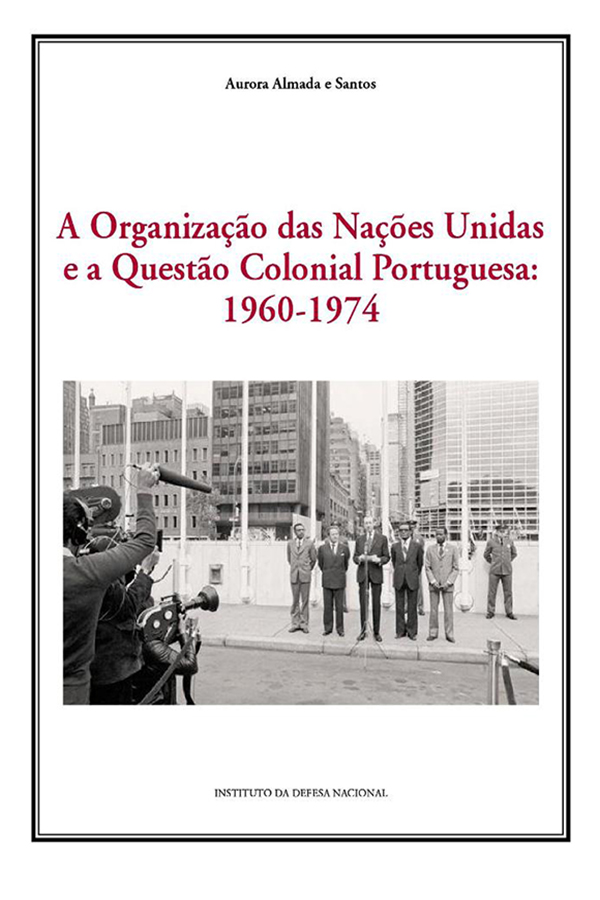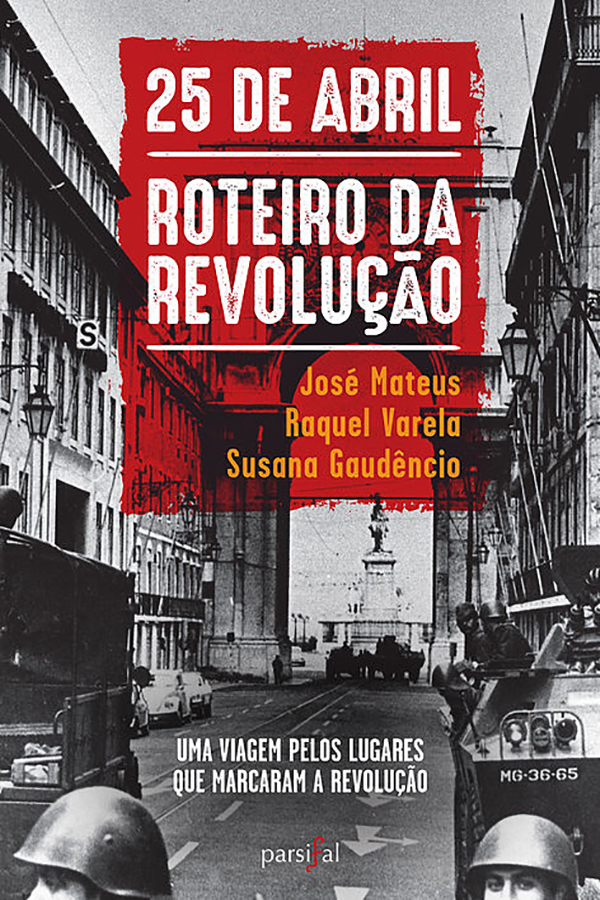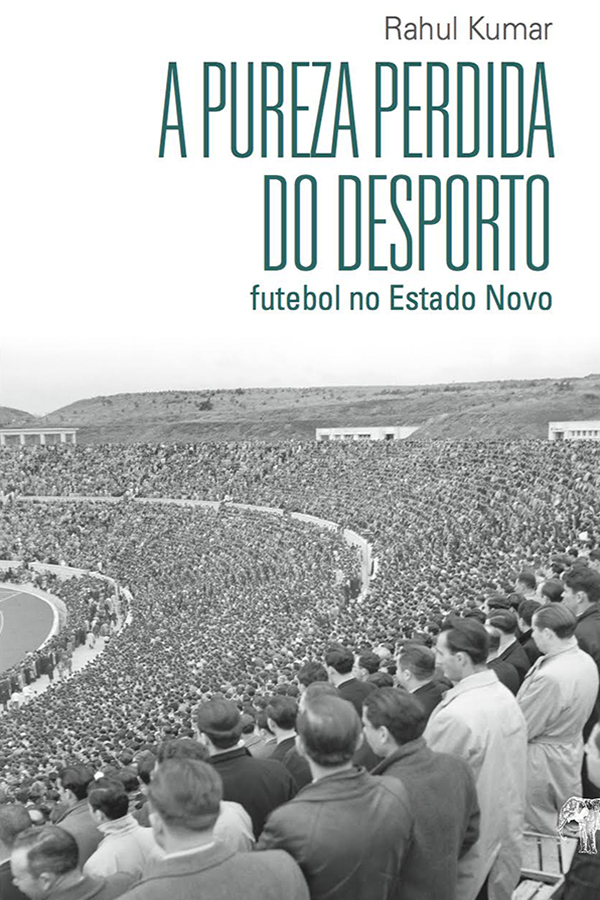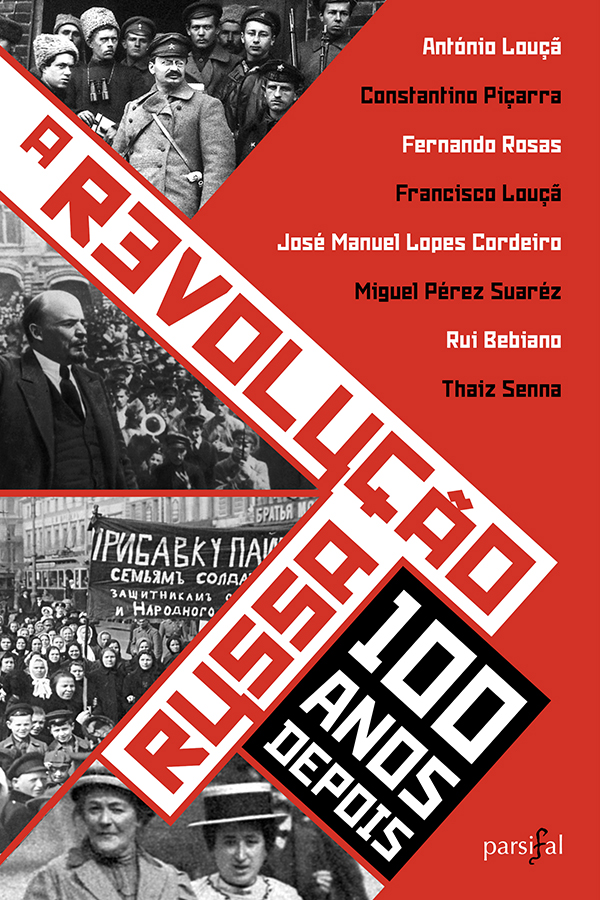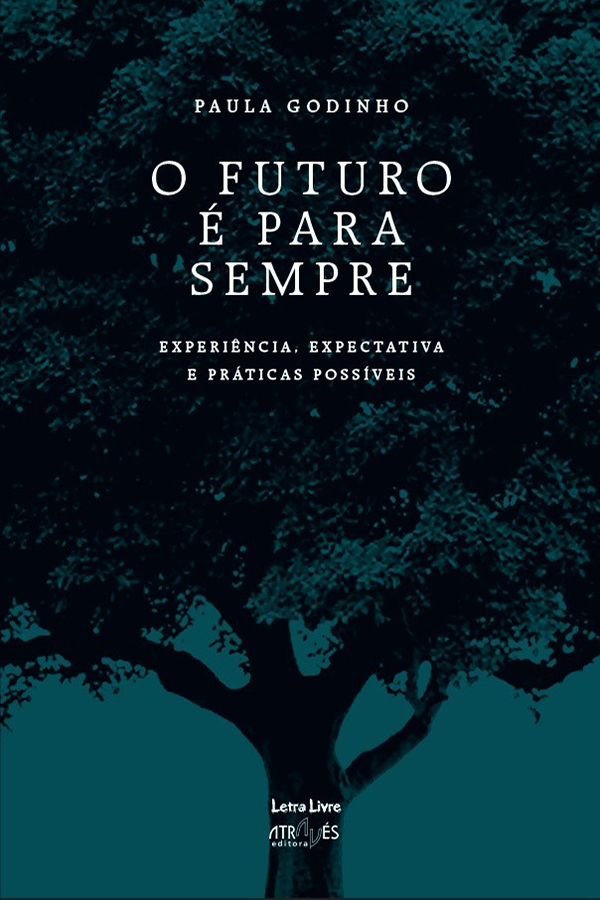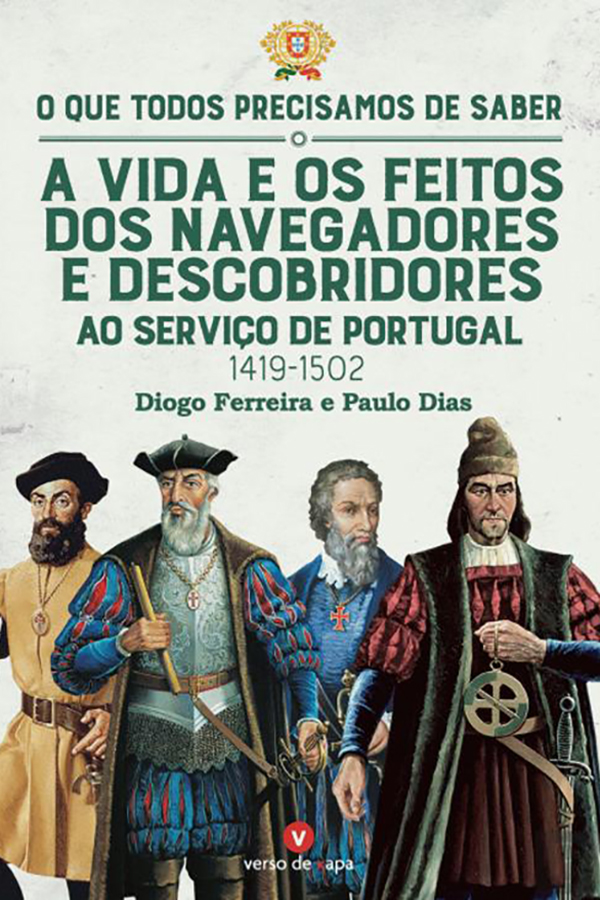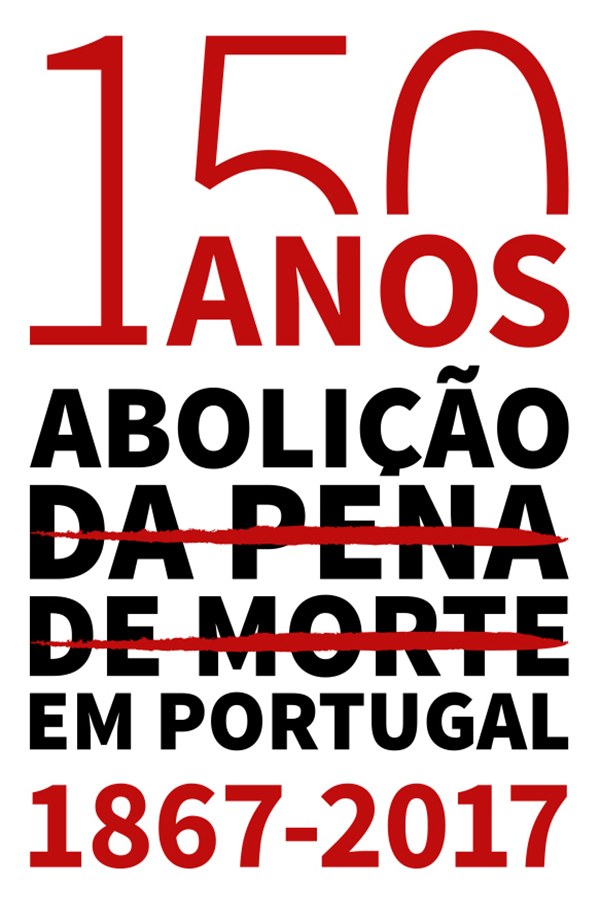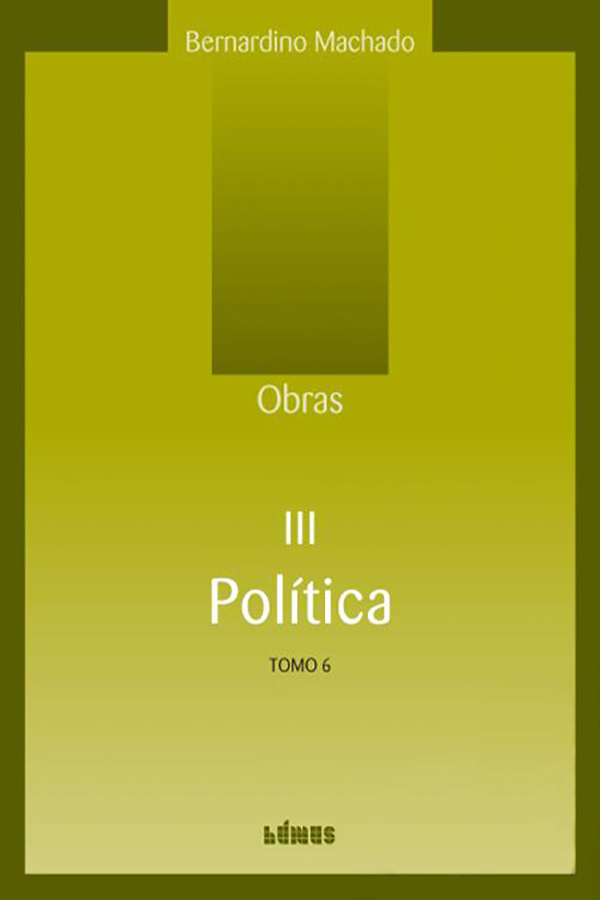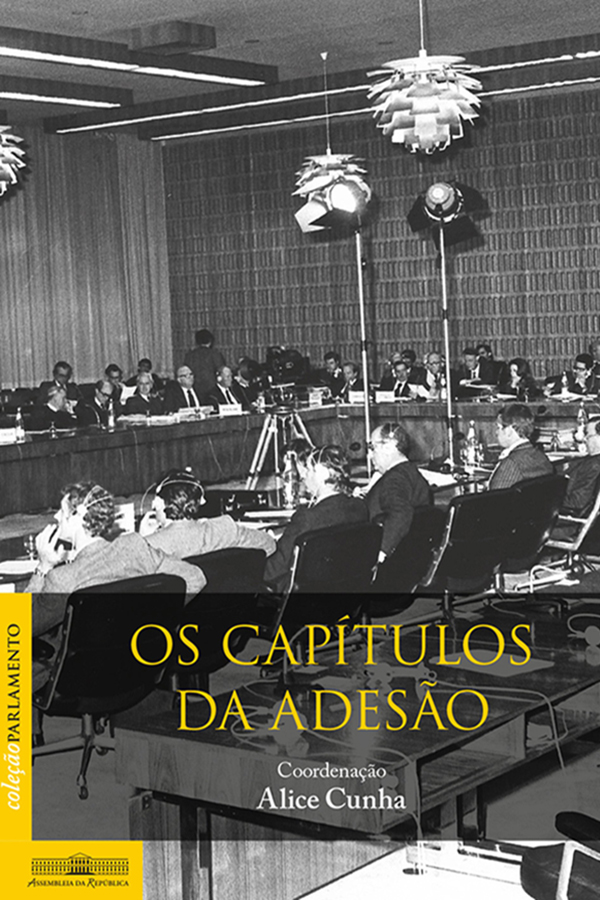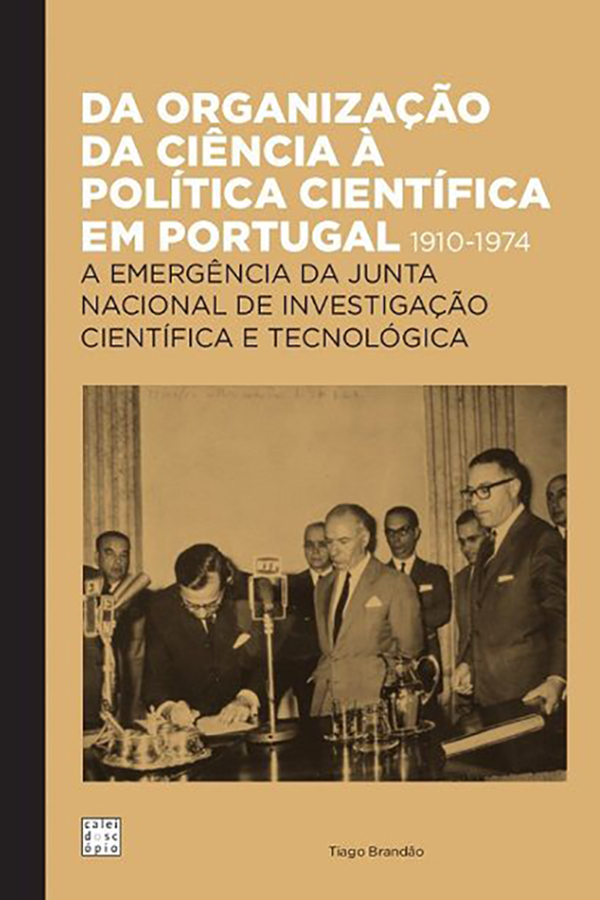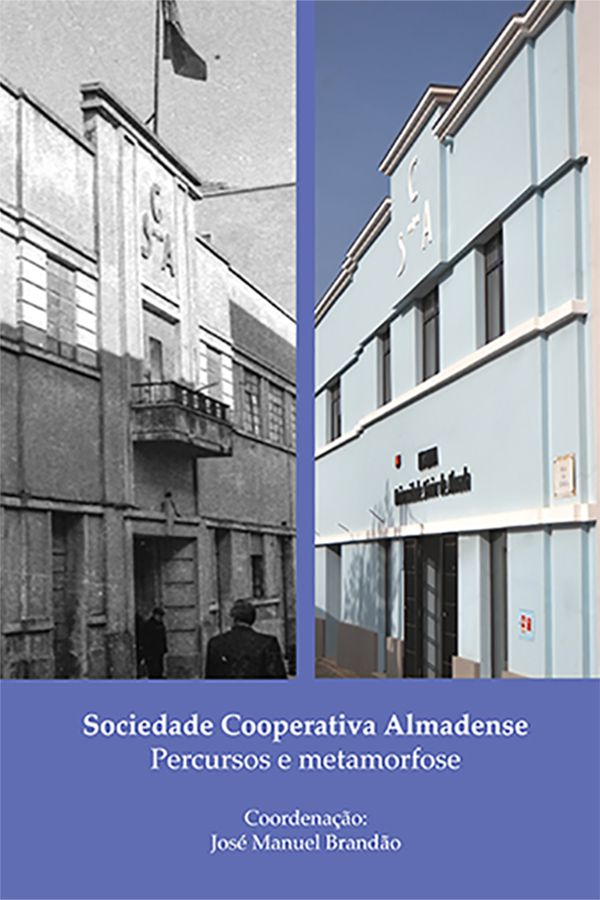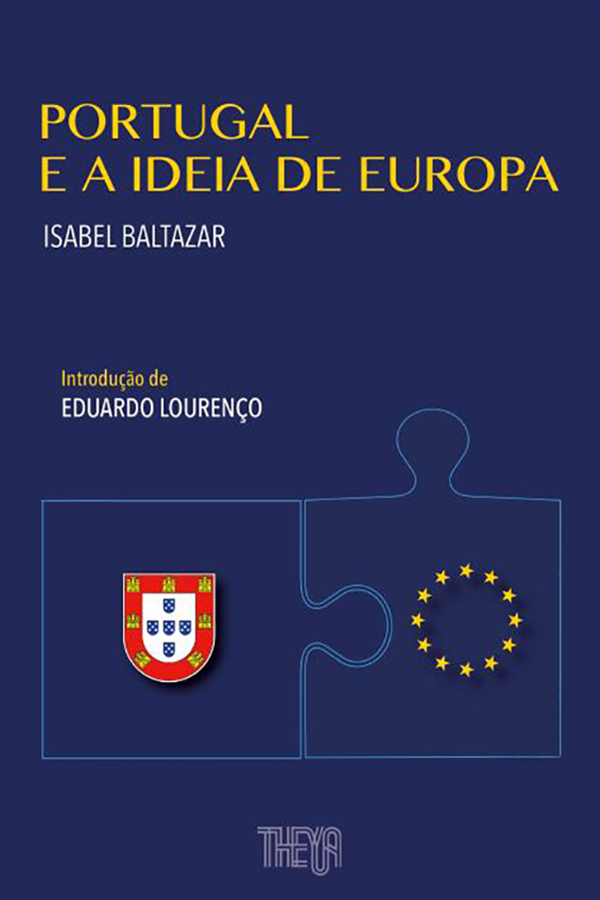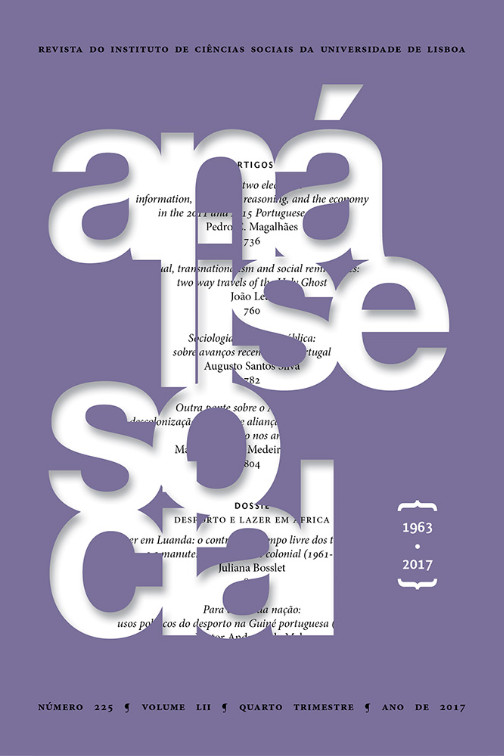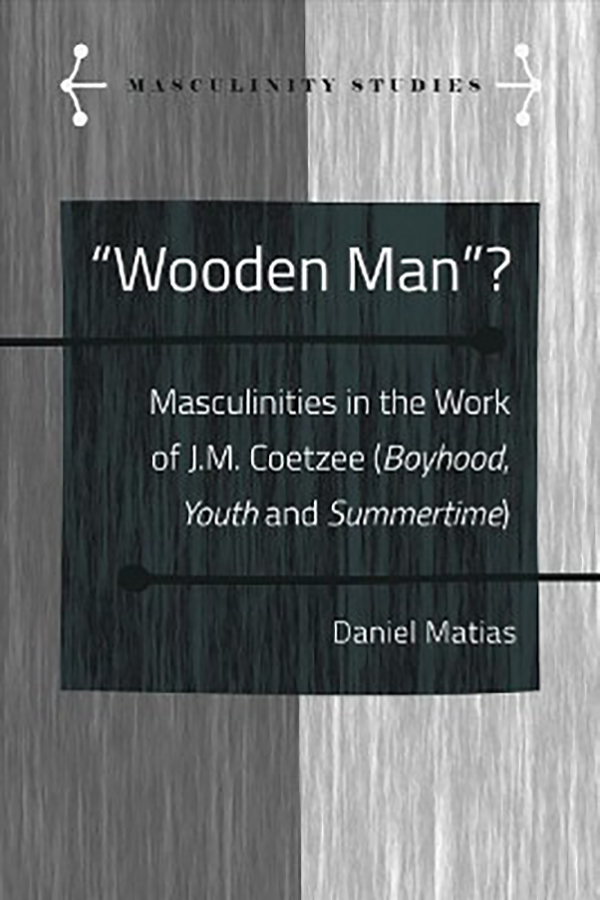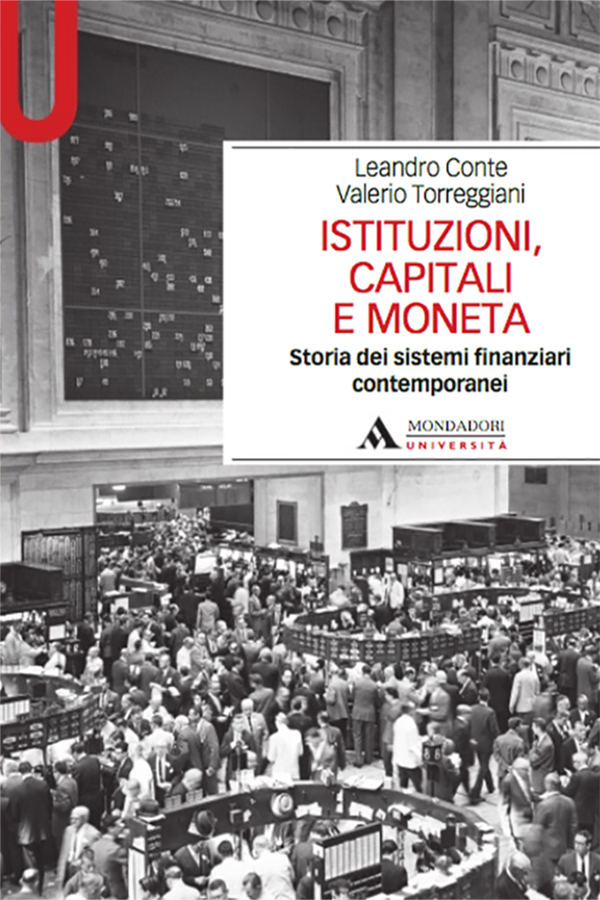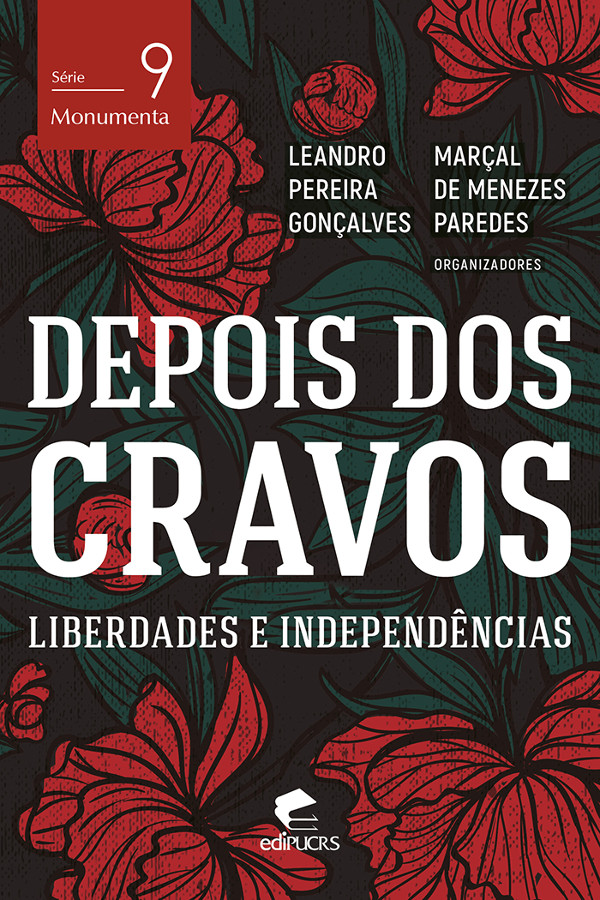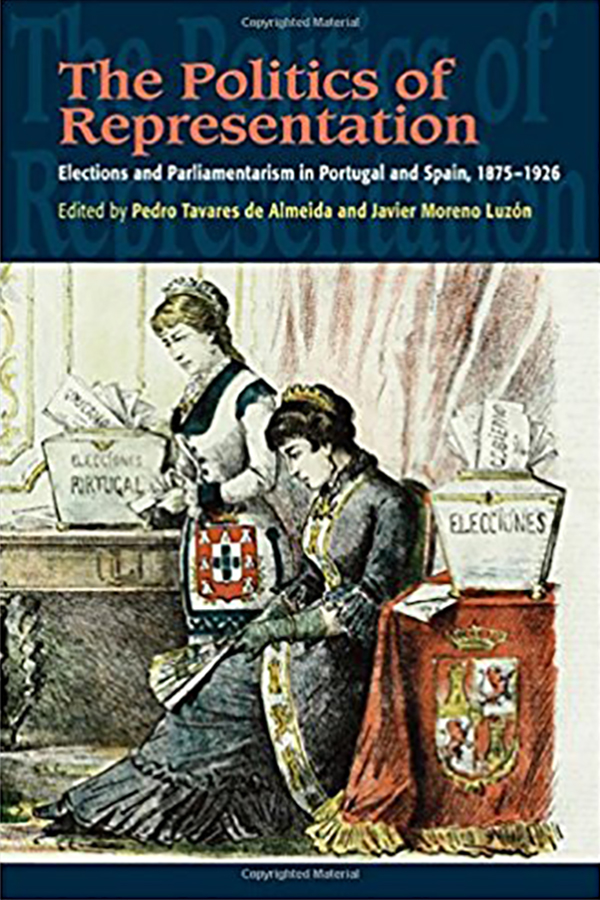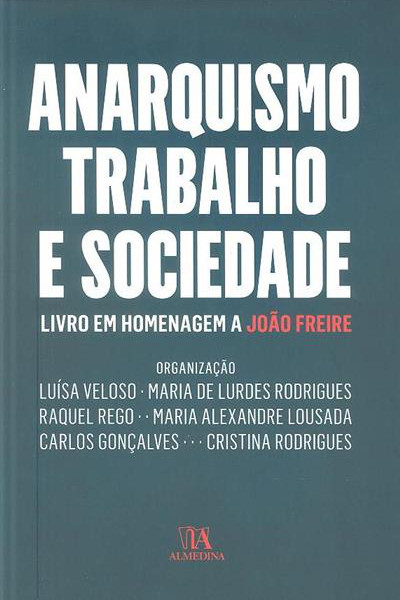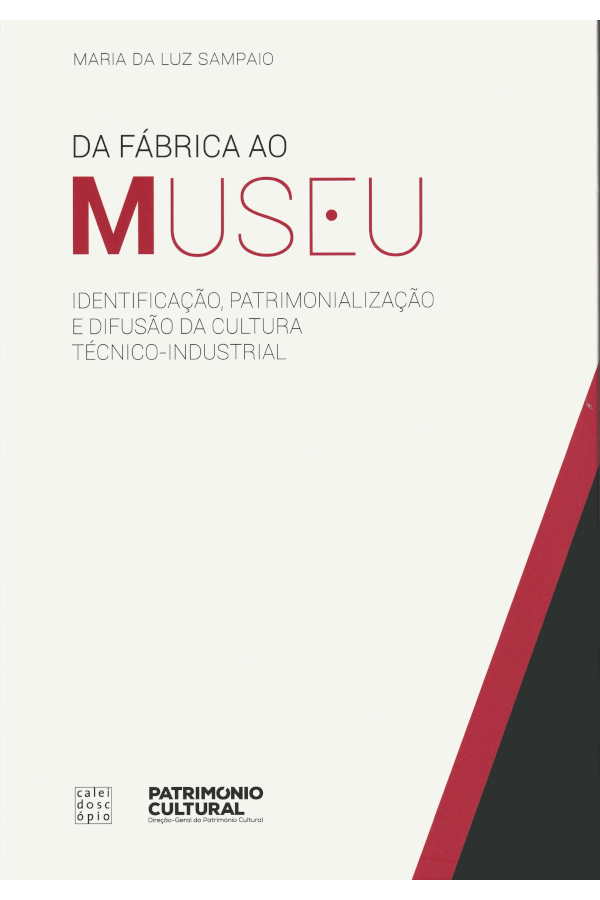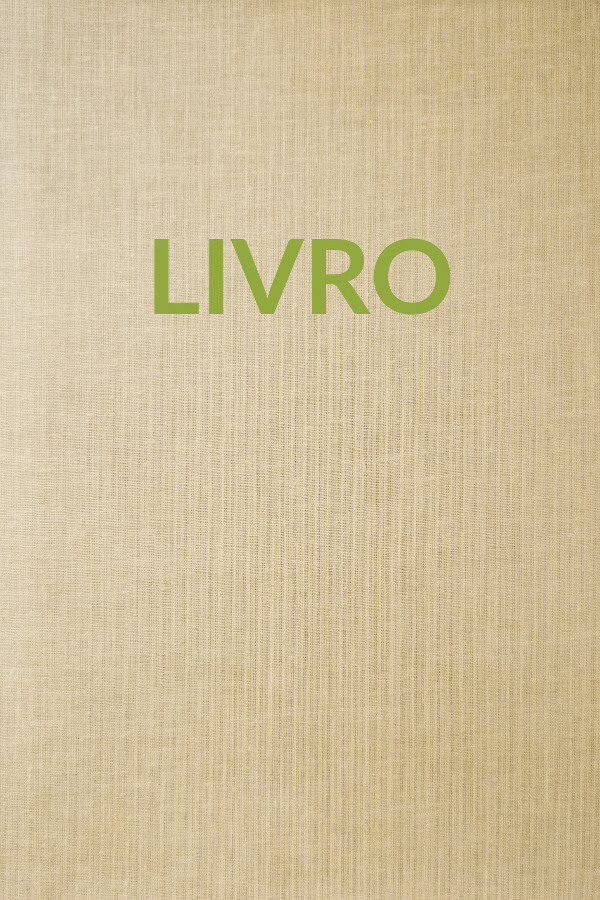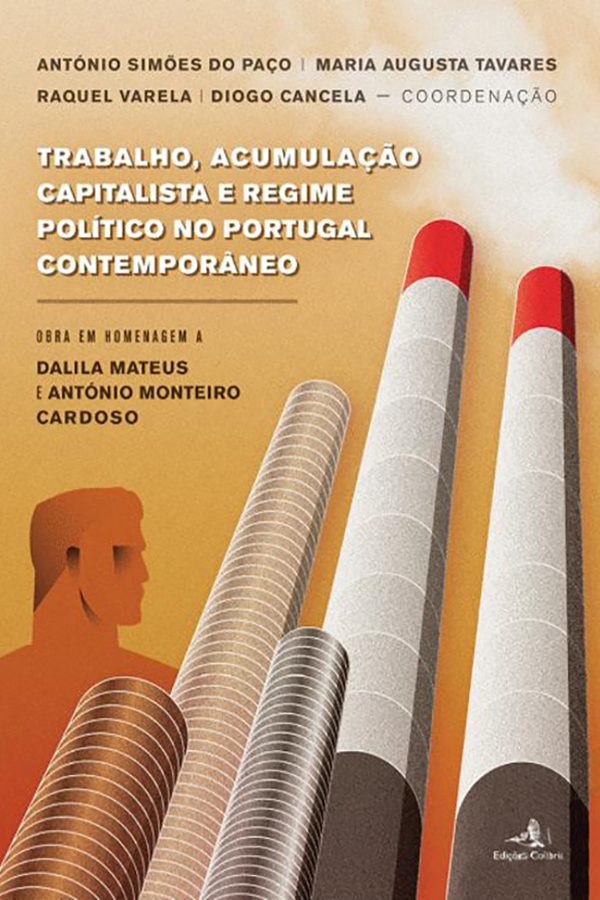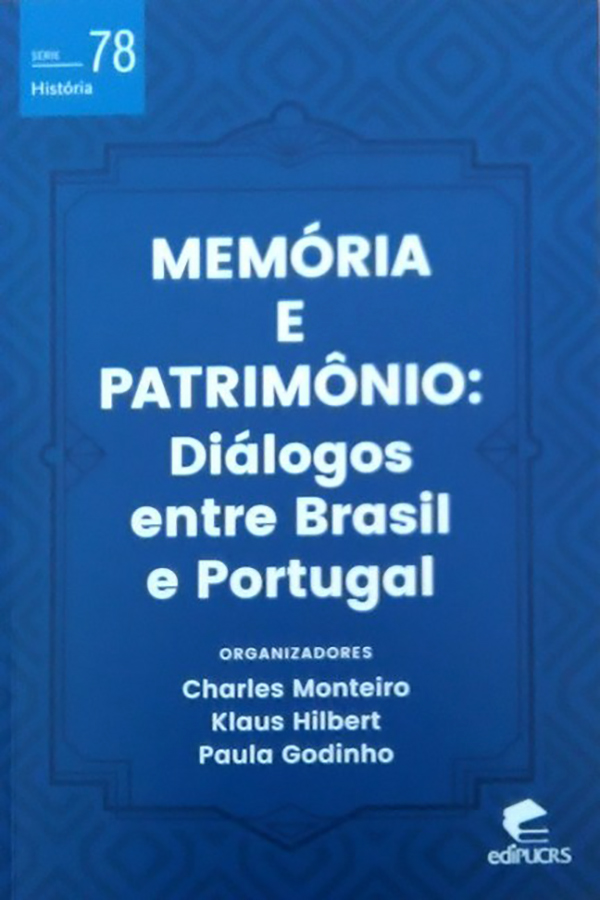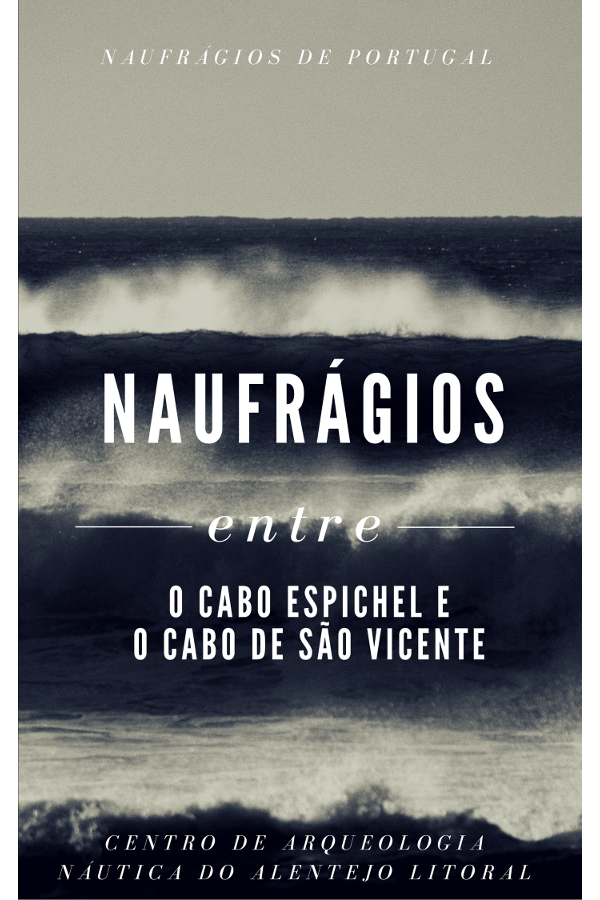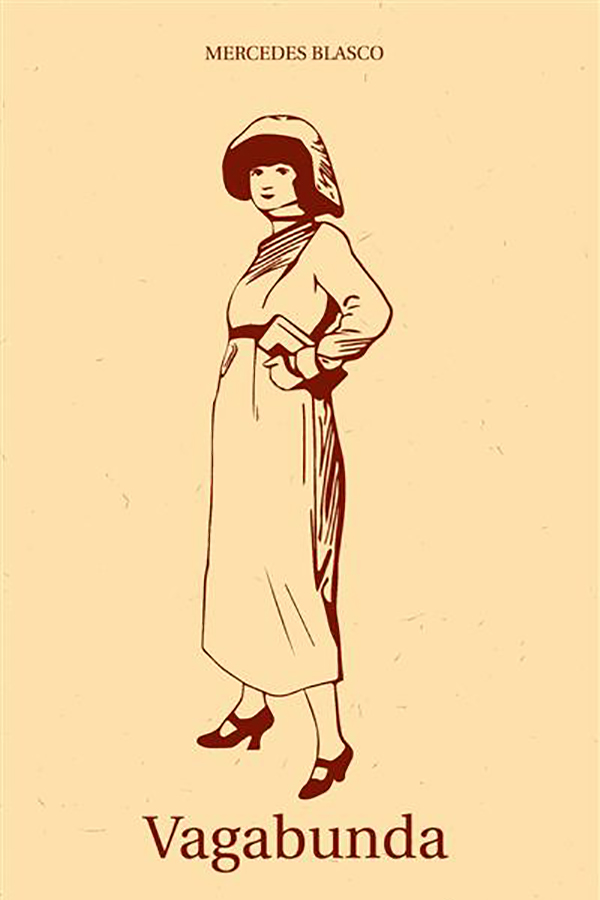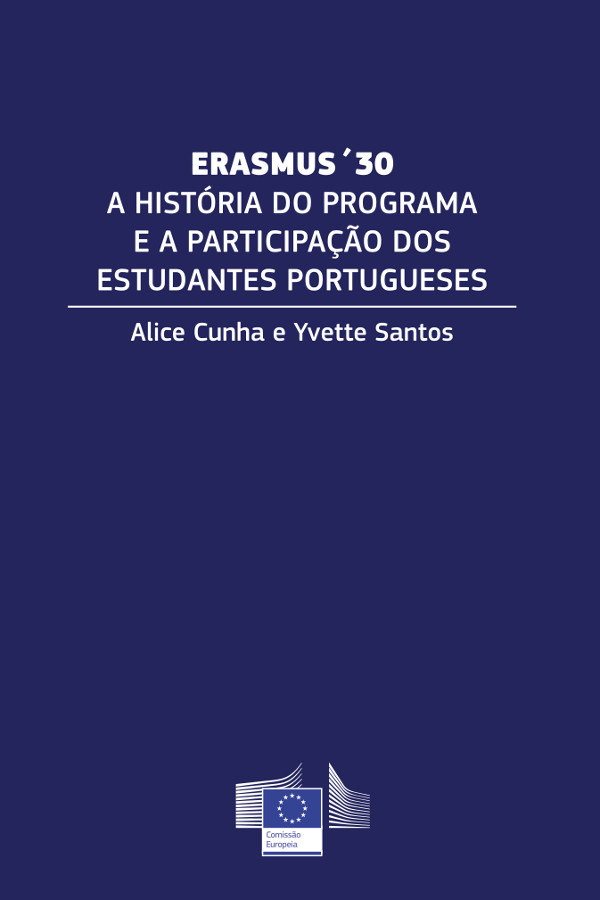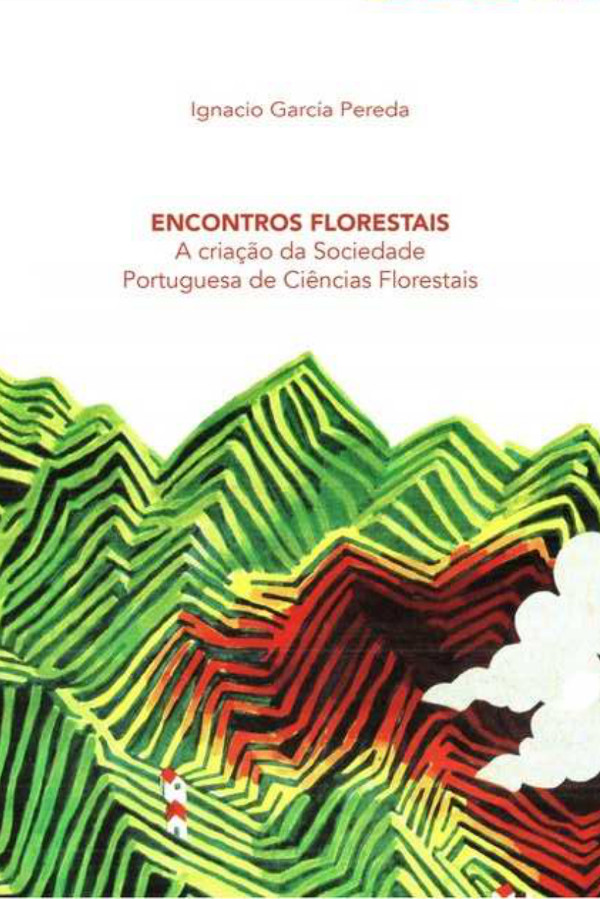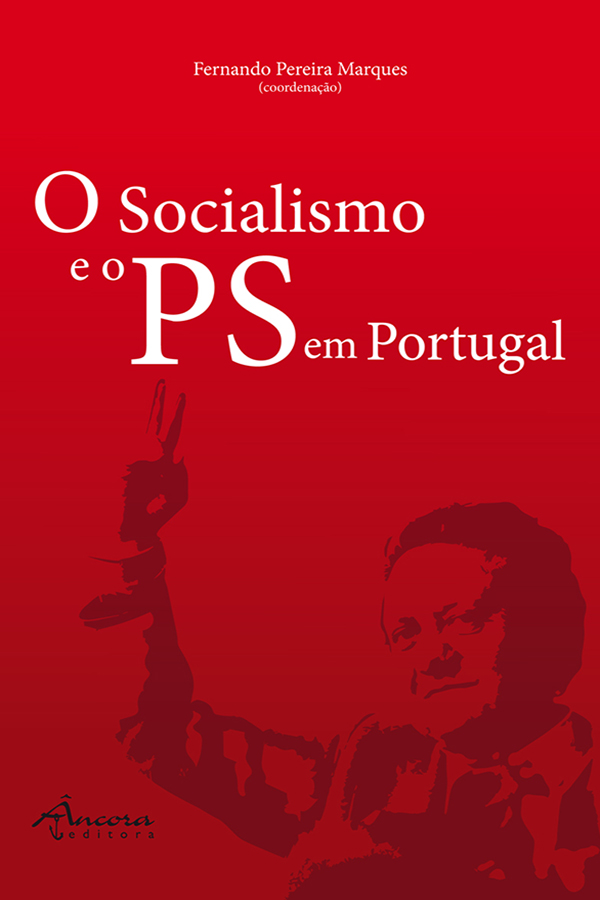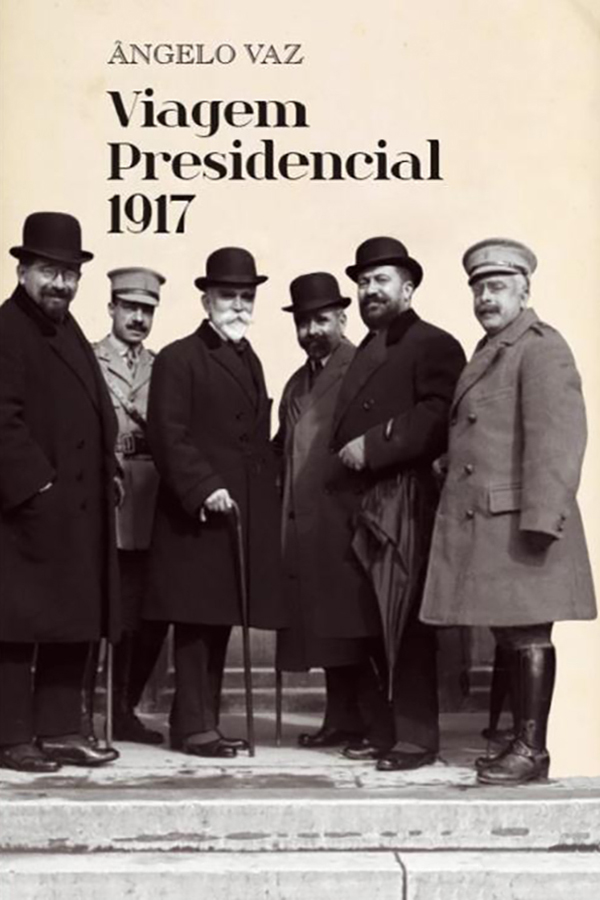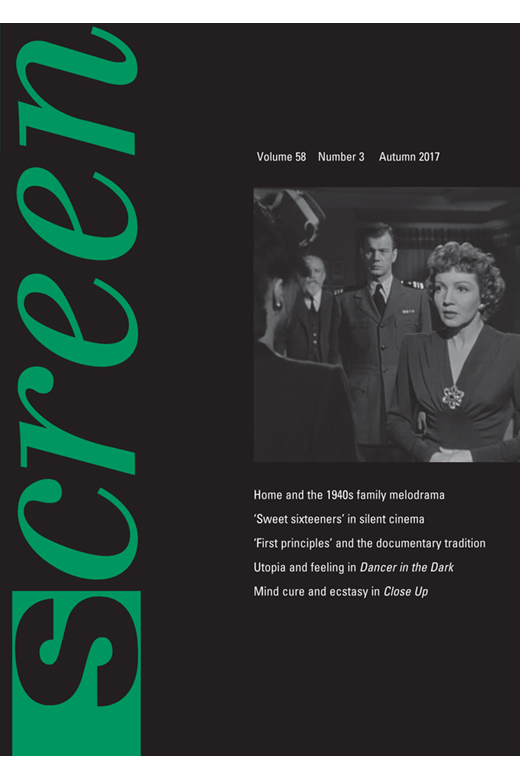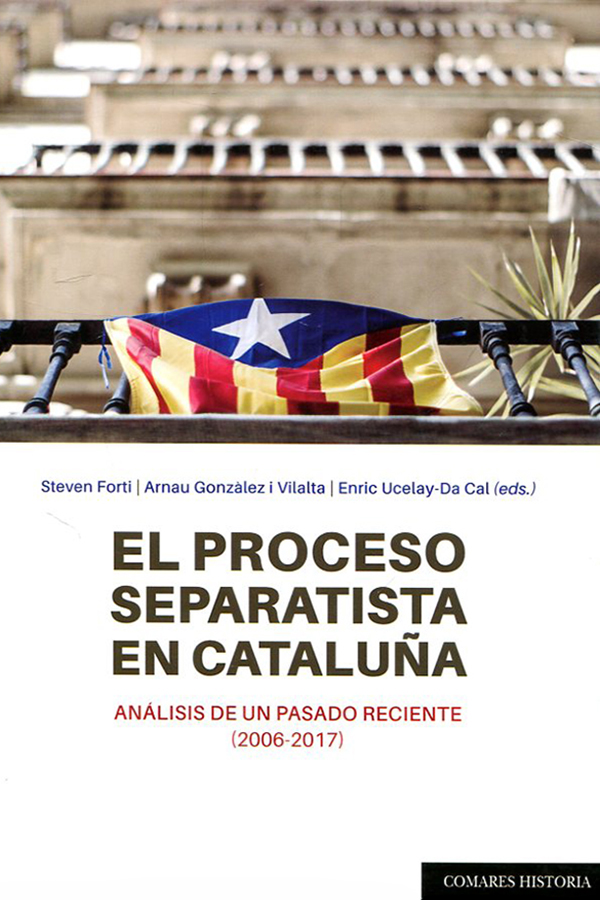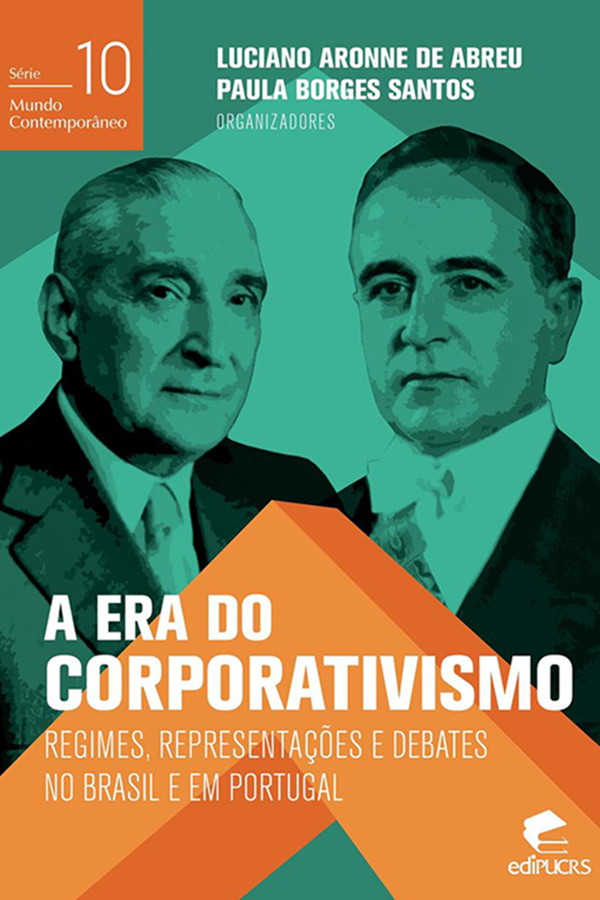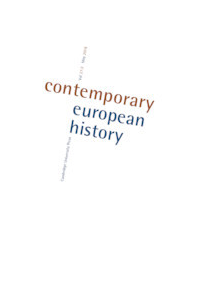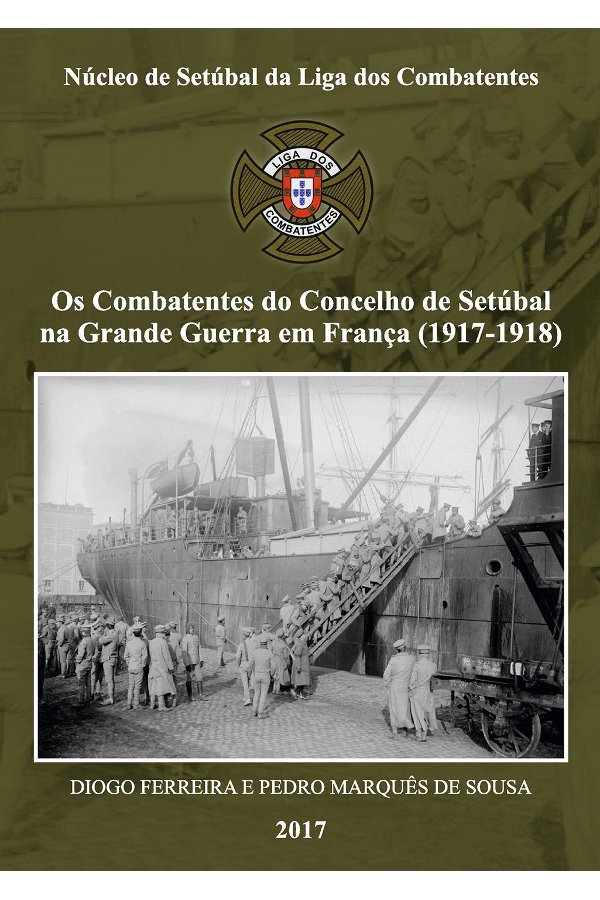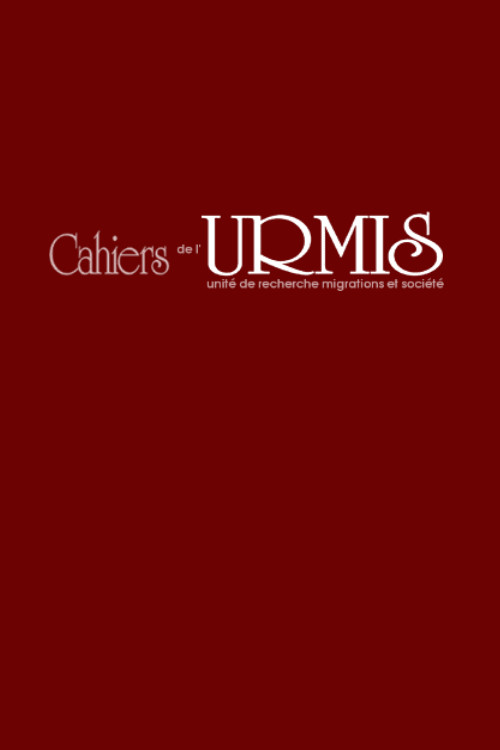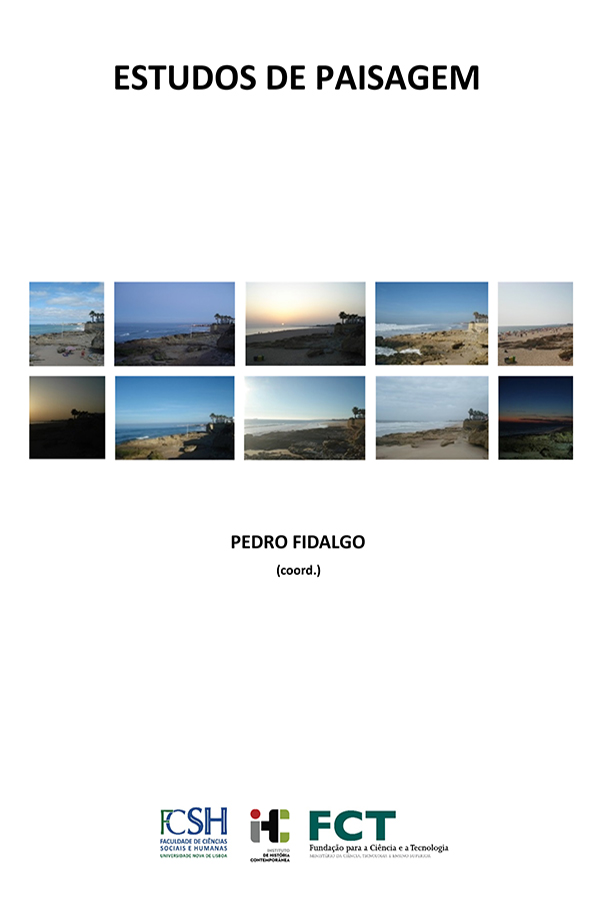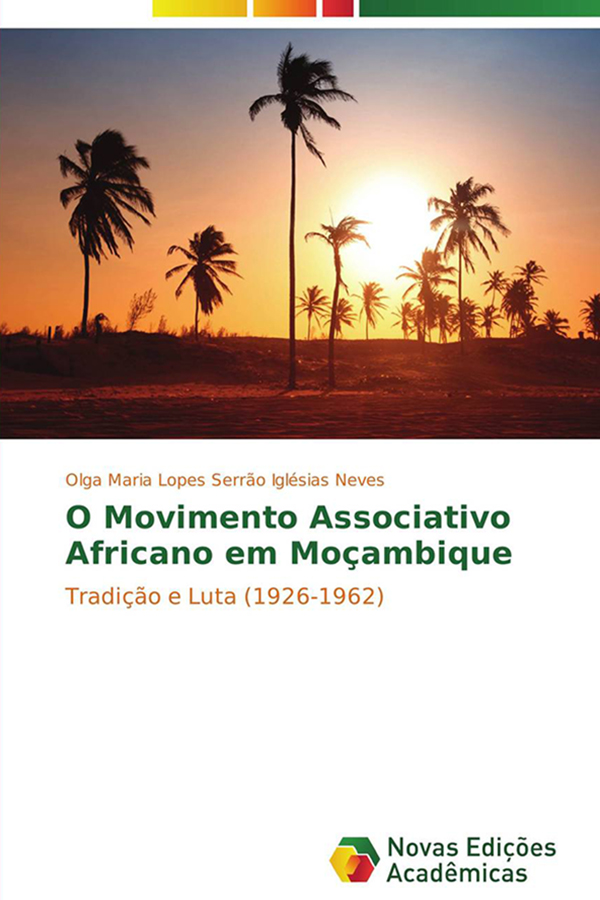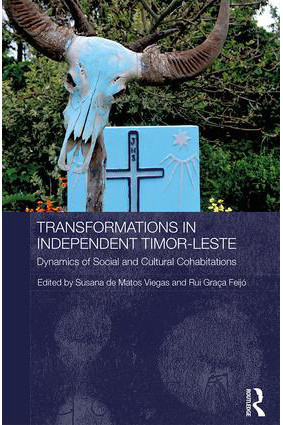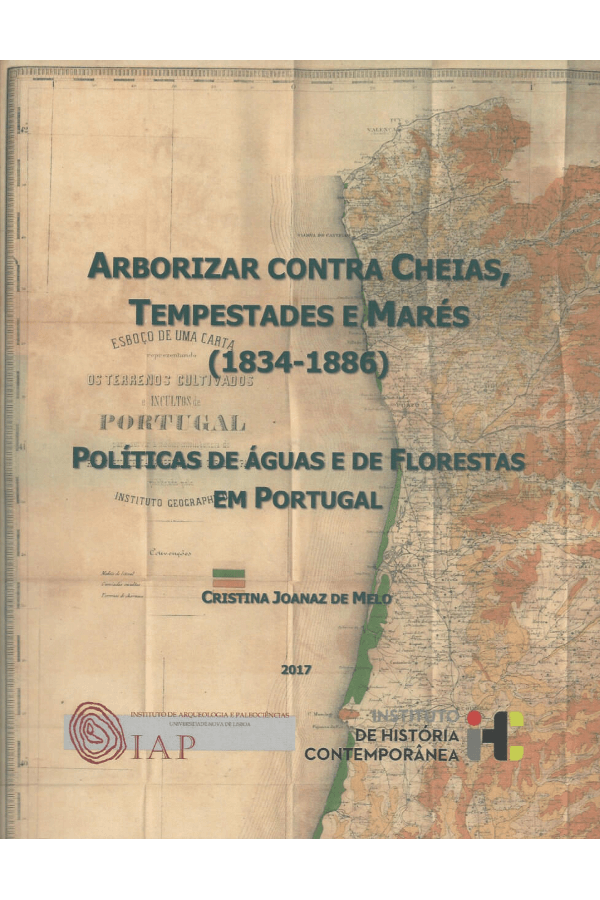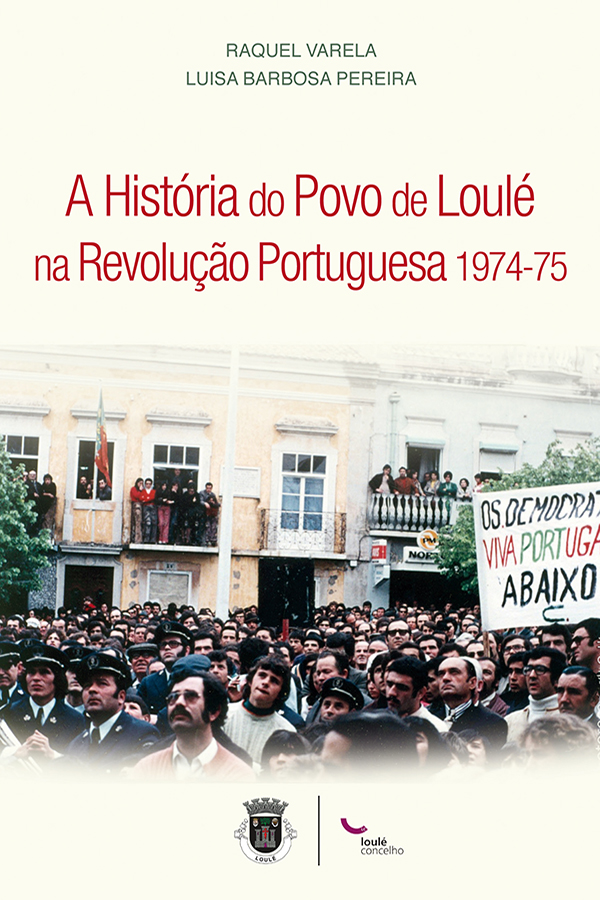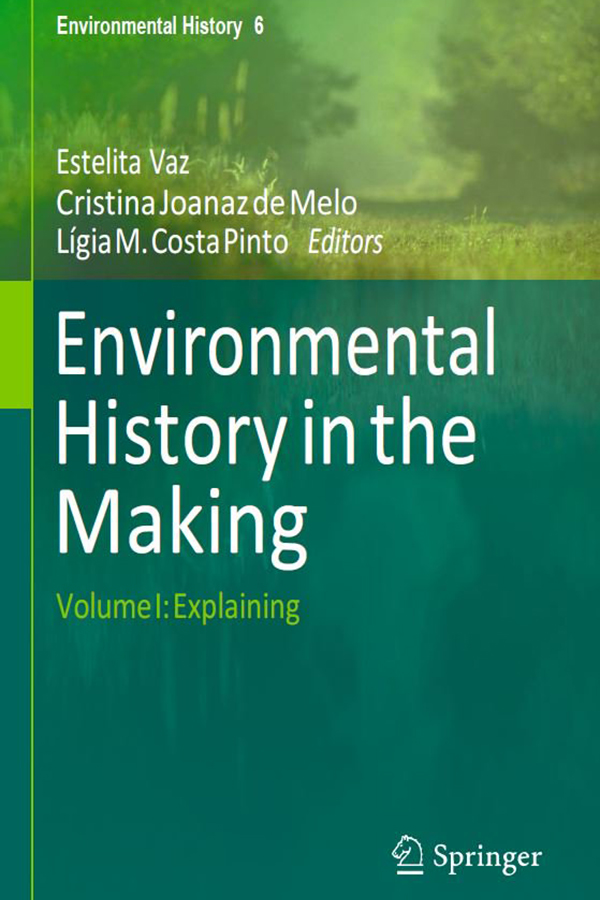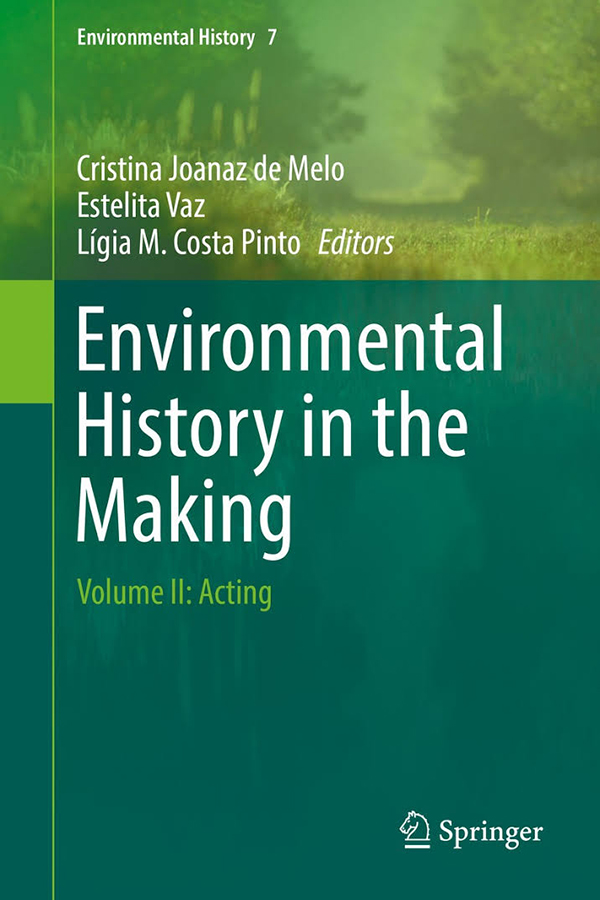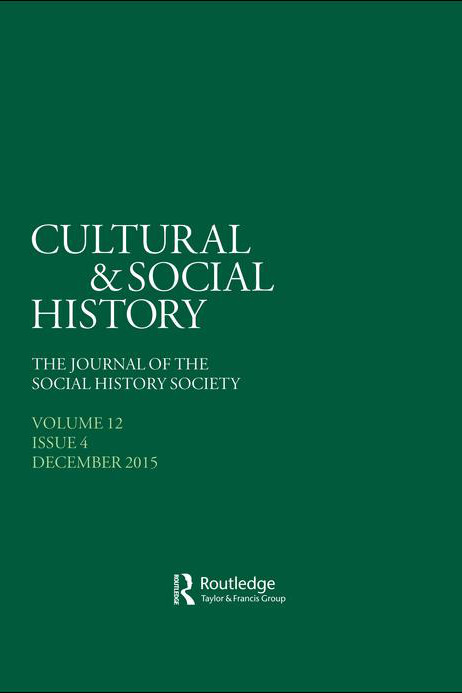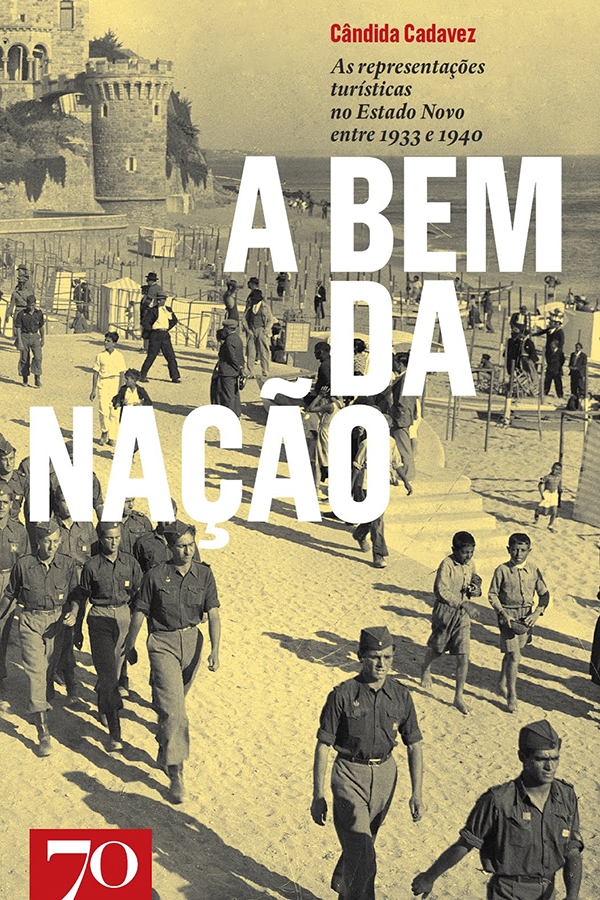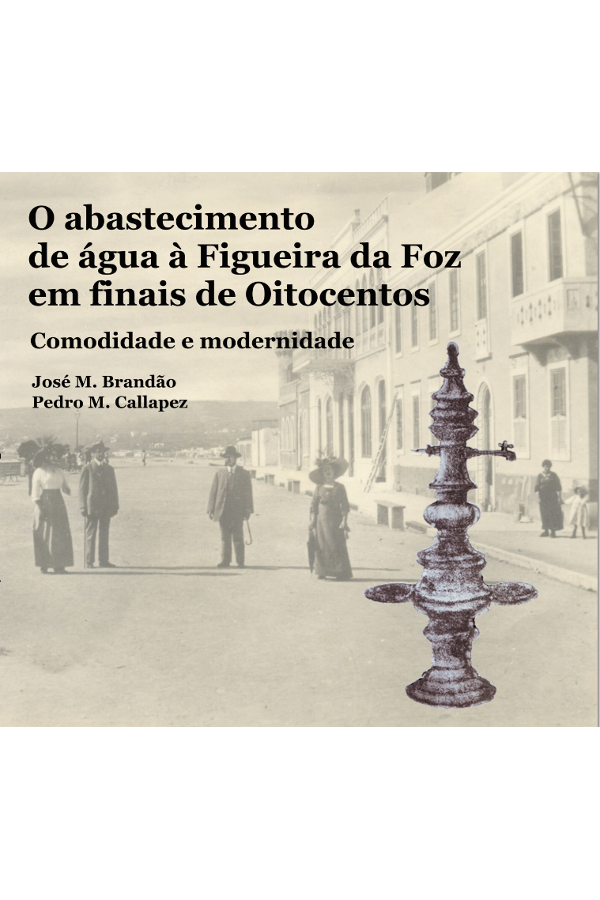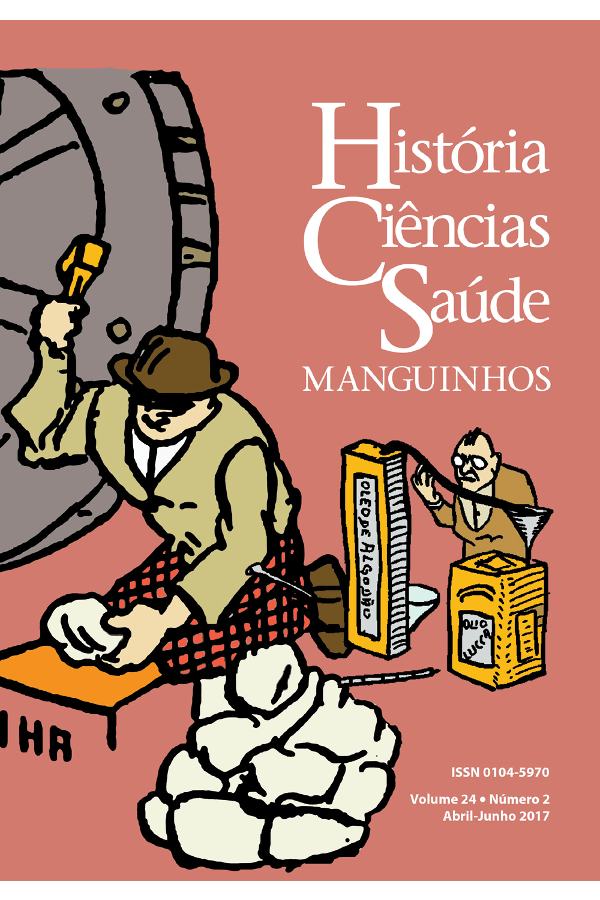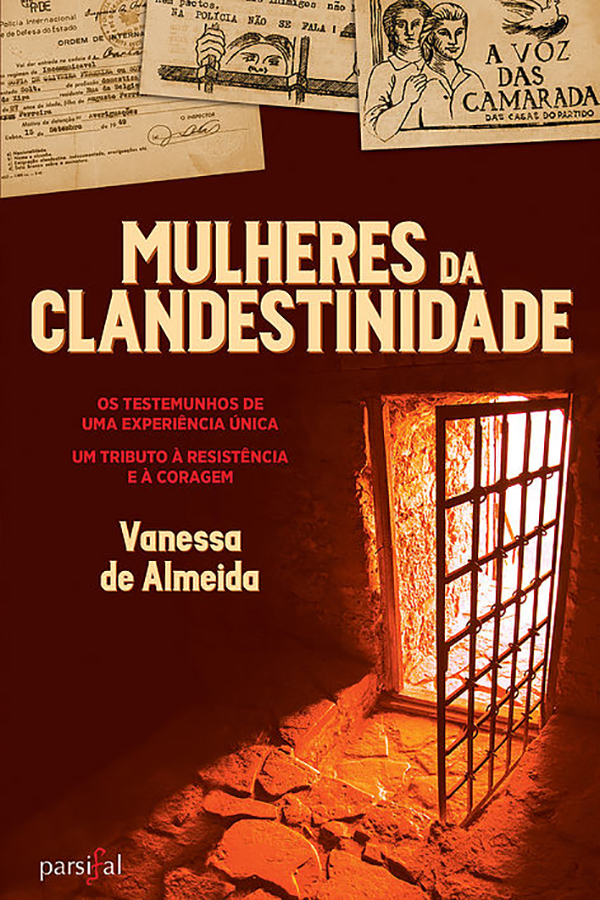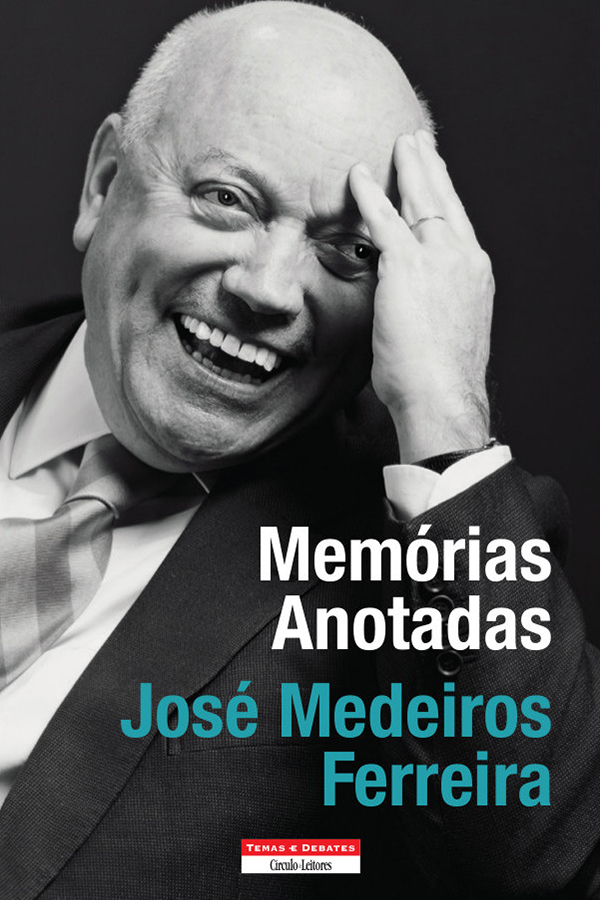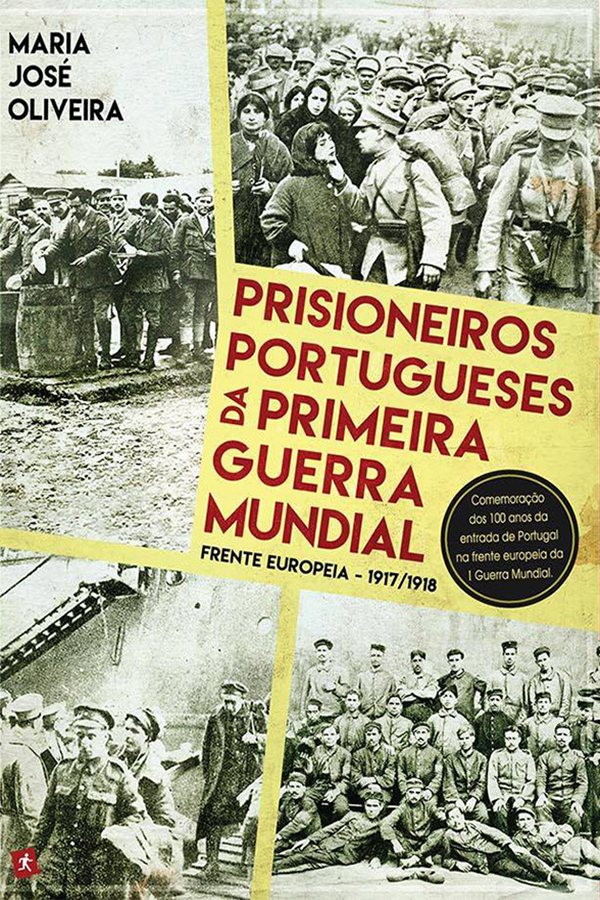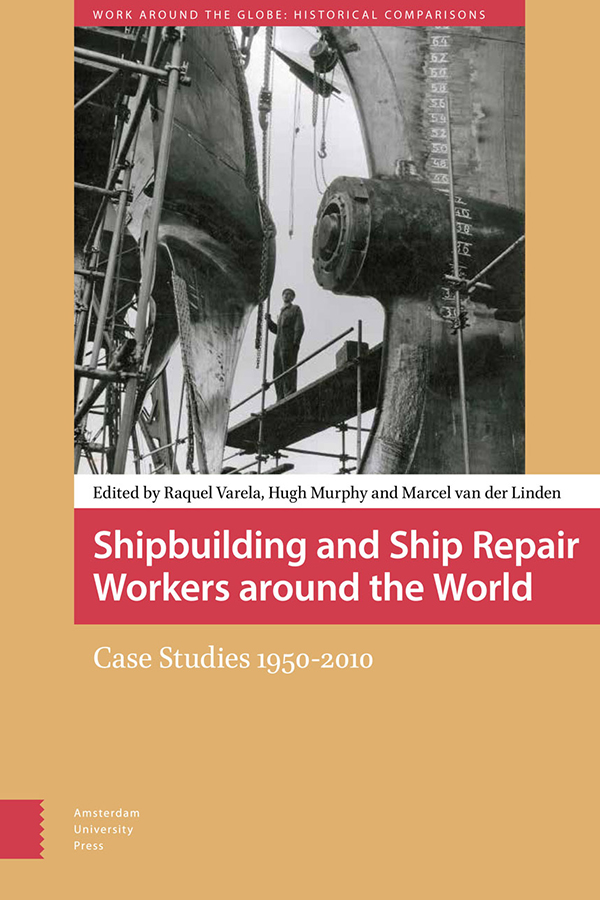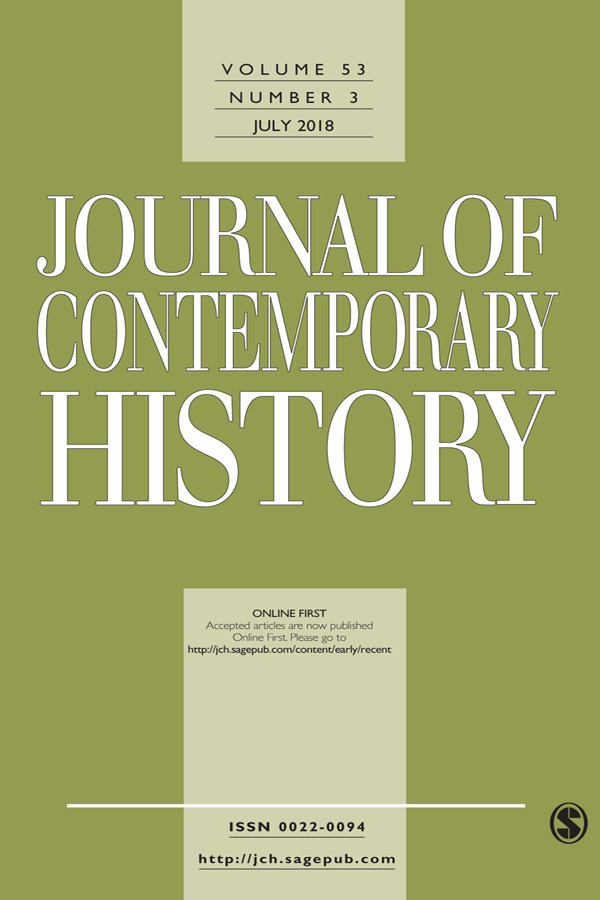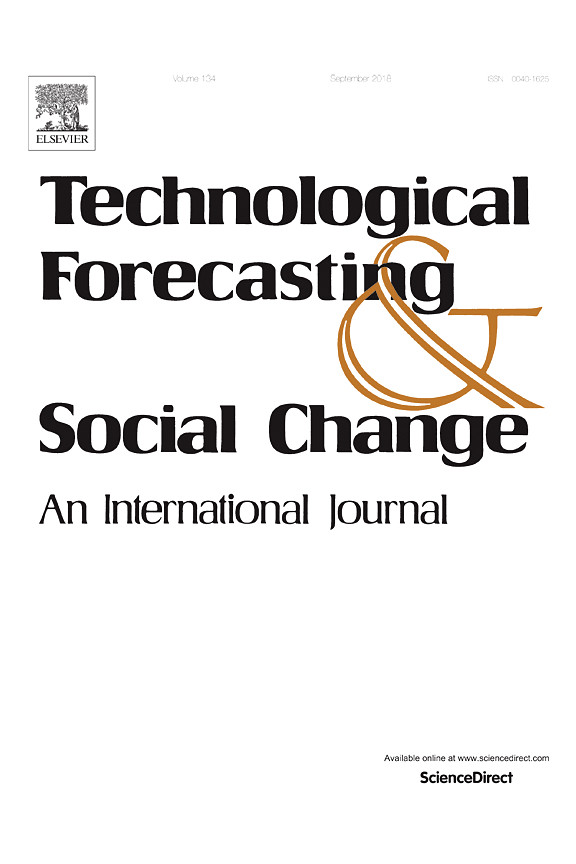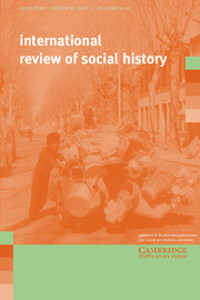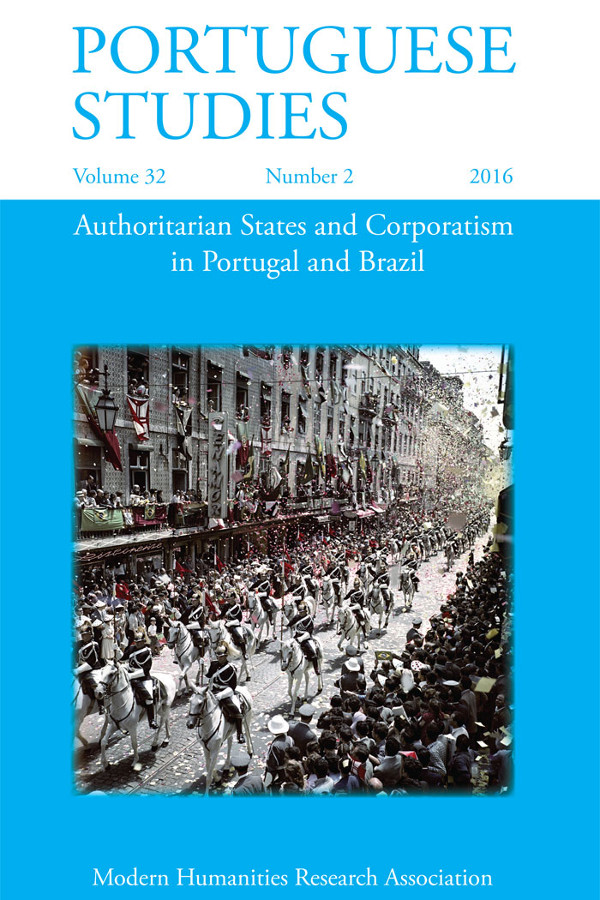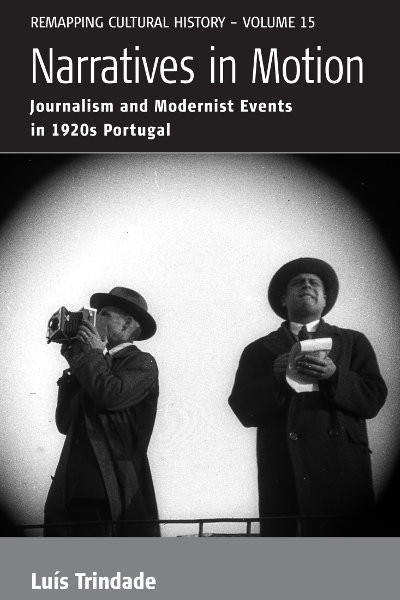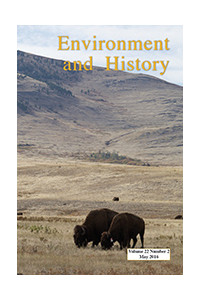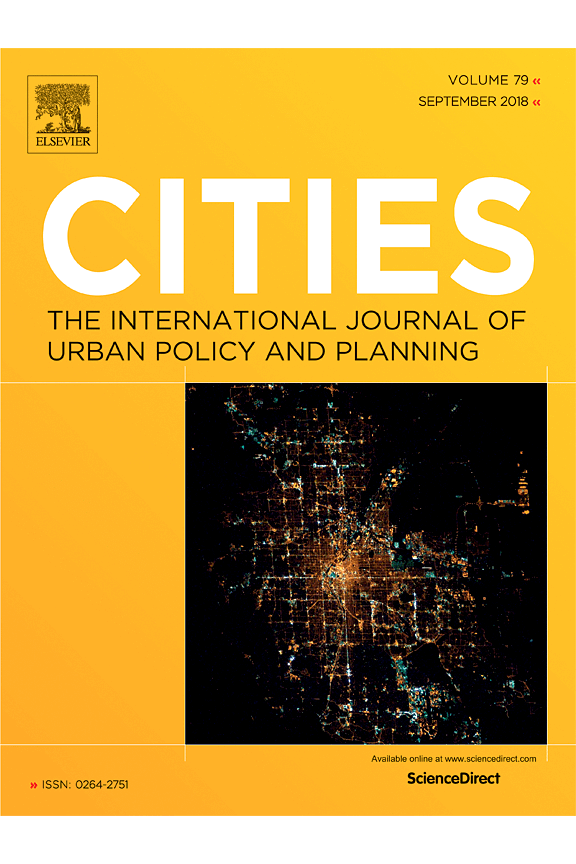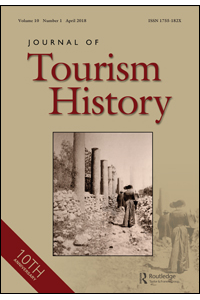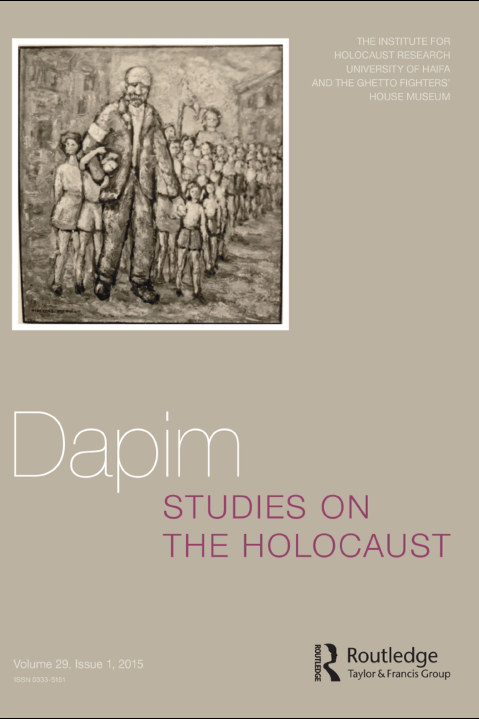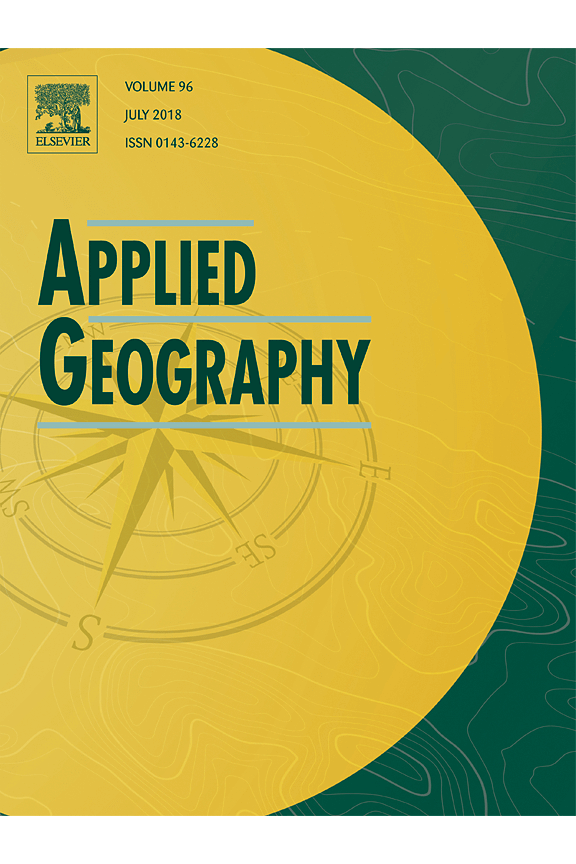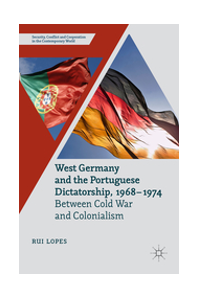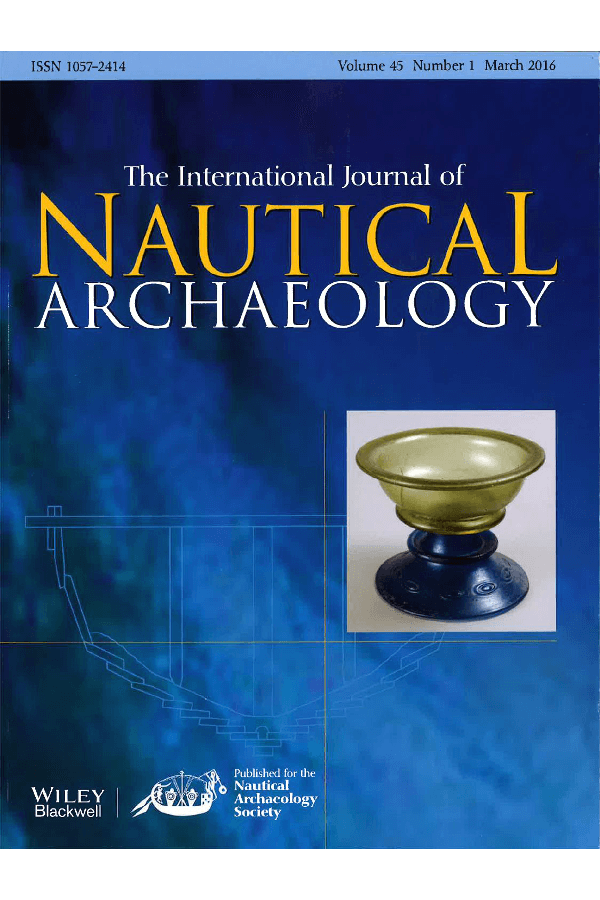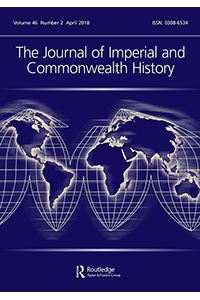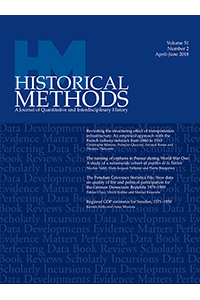
Júlio Dantas
Mar 28, 2019 | Capítulos, Publicações

Júlio Dantas
- António Carrilho
- Dicionário Quem é Quem na Museologia Portuguesa
- Emília Ferreira, Joana d’Oliva Monteiro & Raquel Henriques da Silva (Coords.)
- 2019
- Lisboa: Instituto de História da Arte da Faculdade de Ciências Sociais e Humanas/NOVA
- Idioma: Português
- ISBN: 978‑989‑54405‑0‑4
- 95-97 p.
Excerto:
Lagos, 1876 – Lisboa, 1962
Médico, poeta, dramaturgo, romancista, professor, jornalista, político e diplomata português, nasceu a 19 de maio de 1876. Iniciou -se na poesia aos 14 anos, quando frequentava o Colégio Militar. Concluiu o Curso Médico em 1899. Exerceu Medicina no Exército apenas por 12 anos, impulsionando a reorganização sanitária das forças armadas, mas deu uso aos seus conhecimentos clínicos nas suas obras literárias e históricas. Em 1912 foi requisitado para o Ministério do Interior como Inspetor das Bibliotecas Eruditas e Arquivos (Fig. 1), cargo que desempenhou até 1946 e no qual promoveu grandes incorporações bibliográficas e arquivísticas, a publicação de inéditos, o alargamento da rede de arquivos e bibliotecas públicos e a criação do primeiro Posto de Saneamento e Desinfeção de Livros. A ele se deveu também a ideia de constituir o Arquivo das Congregações, formalmente criado em 1917 (Carrilho, 2016, 106).
Sobre o livro:
O Dicionário Quem é Quem na Museologia Portuguesa, acessível no site do Instituto de História de Arte da Faculdade de Ciências Sociais e Humanas da Universidade Nova de Lisboa (IHA—FCSH/NOVA), é um projeto em curso da linha de investigação Estudos de Museus. Como objetivo fundamental, propõe-se facultar uma visão abrangente, um conhecimento preciso e uma valorização atualizada das personalidades ligadas à museologia portuguesa, atuantes em diferentes tipologias científicas. Visa contribuir, também, para uma mais ampla compreensão da história dos museus e da museologia. Inscrita na tipologia de iha-seed-projects (micro-projetos), uma das linhas estruturais estratégicas do IHA—FCSH/NOVA, aposta nas virtualidades da publicação online em acesso aberto, potenciadora de uma proveitosa interação entre utilizadores e recursos, em permanente atualização. O primeiro volume do Dicionário é dedicado a personalidades da museologia portuguesa que desenvolveram a sua atividade entre o século XVIII e os anos 1960. Esta delimitação temporal é meramente operativa e conjuntural: entendeu-se que é necessária maior distância cronológica para se estudar o impacto das ações e das contribuições teóricas e profissionais dos biografados que estão ainda em atividade ou deixaram de estar em tempos muito recentes. No entanto, considera-se que a continuação do projeto permitirá agendar a sua indispensável atualização
Outras Publicações
Pesquisa
Agenda
julho, 2025
Tipologia do Evento:
Todos
Todos
Apresentação
Ciclo
Colóquio
Conferência
Congresso
Curso
Debate
Encontro
Exposição
Inauguração
Jornadas
Lançamento
Mesa-redonda
Mostra
Open calls
Outros
Palestra
Roteiro
Seminário
Sessão de cinema
Simpósio
Workshop
- Event Name
seg
ter
qua
qui
sex
sab
dom
-
1
2
3
4
5
6
7
8
9
10
11
12
13
14
15
16
17
18
19
20
21
22
23
24
25
26
27
28
29
30
31
Não Existem Eventos
Notícias
Ricardo Noronha lidera equipa que vai estudar ‘petromodernidade’
Jul 7, 2025
O projecto PETROSINES foi um dos seis projectos de História que receberam financiamento da FCT
Comunicado sobre as Demolições no Bairro de Santa Filomena
Jul 3, 2025
Comunicado da equipa do projecto FILMASPORA
VINCULUM é reconhecido com Prémio da UE para a Ciência Cidadã
Jun 20, 2025
A candidatura do VINCULUM recebeu uma Menção Honrosa do Prémio da União Europeia para a Ciência Cidadã 2025
CONTACTS
WORKING HOURS




































